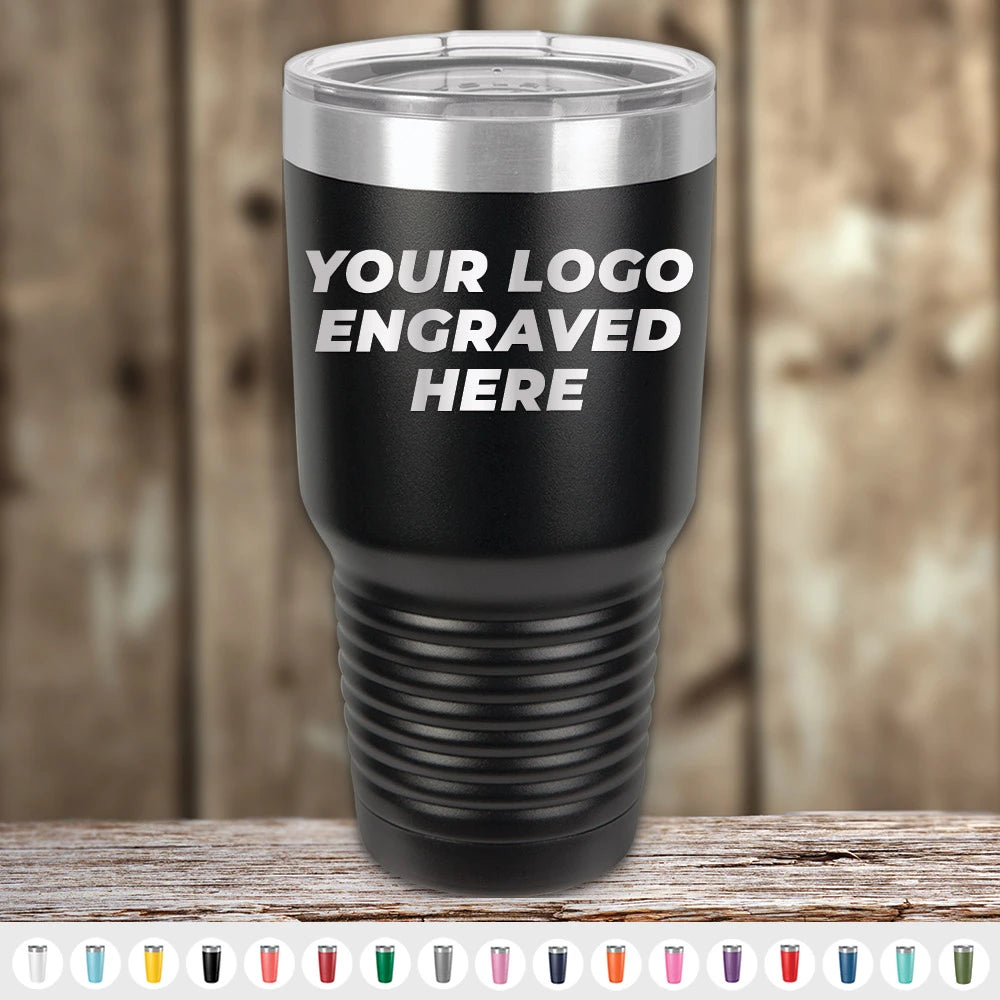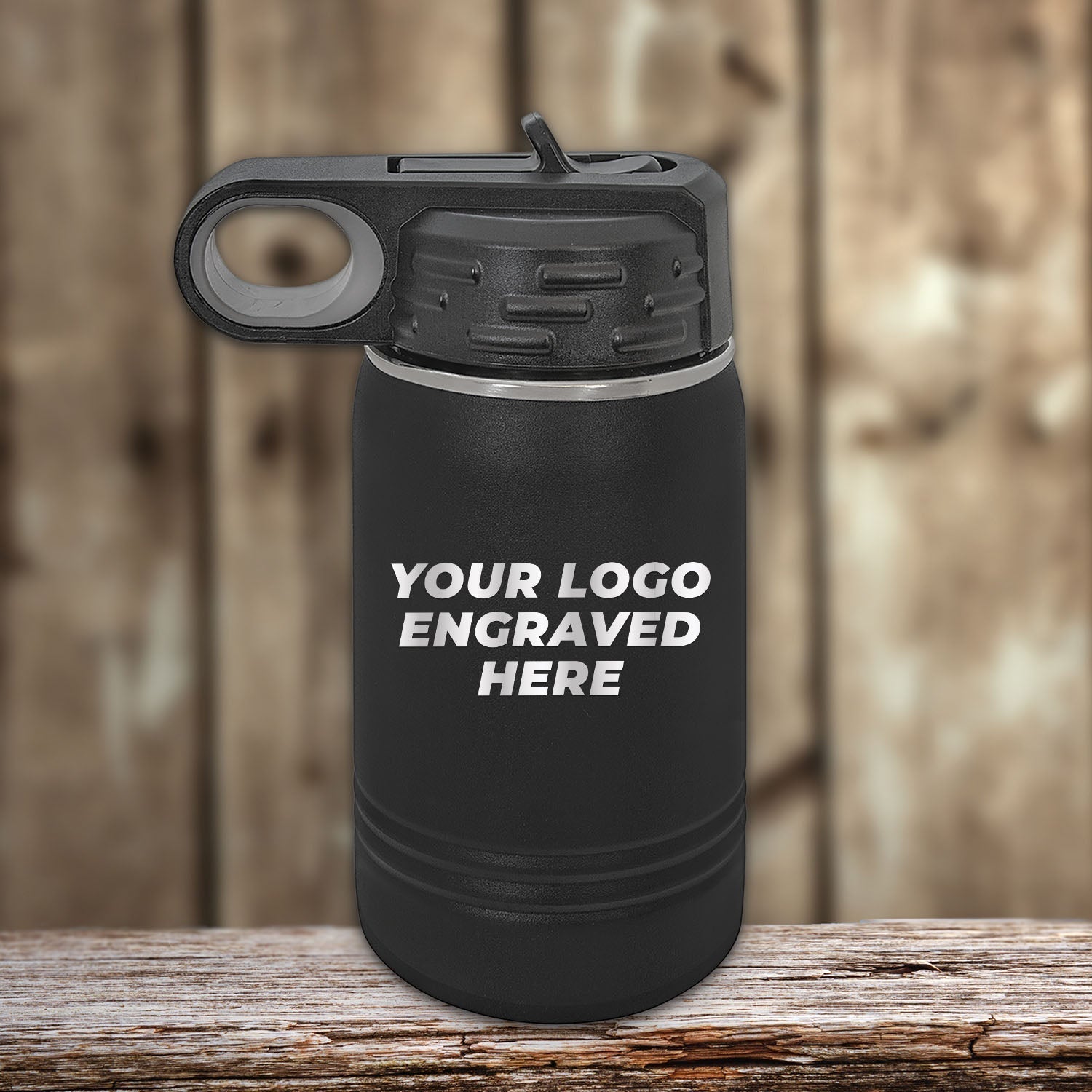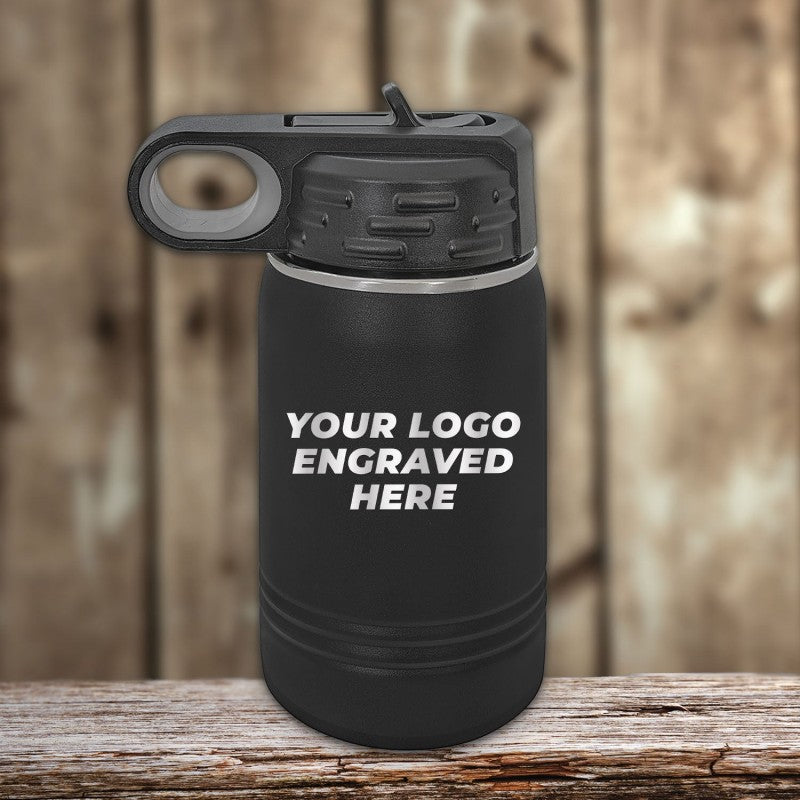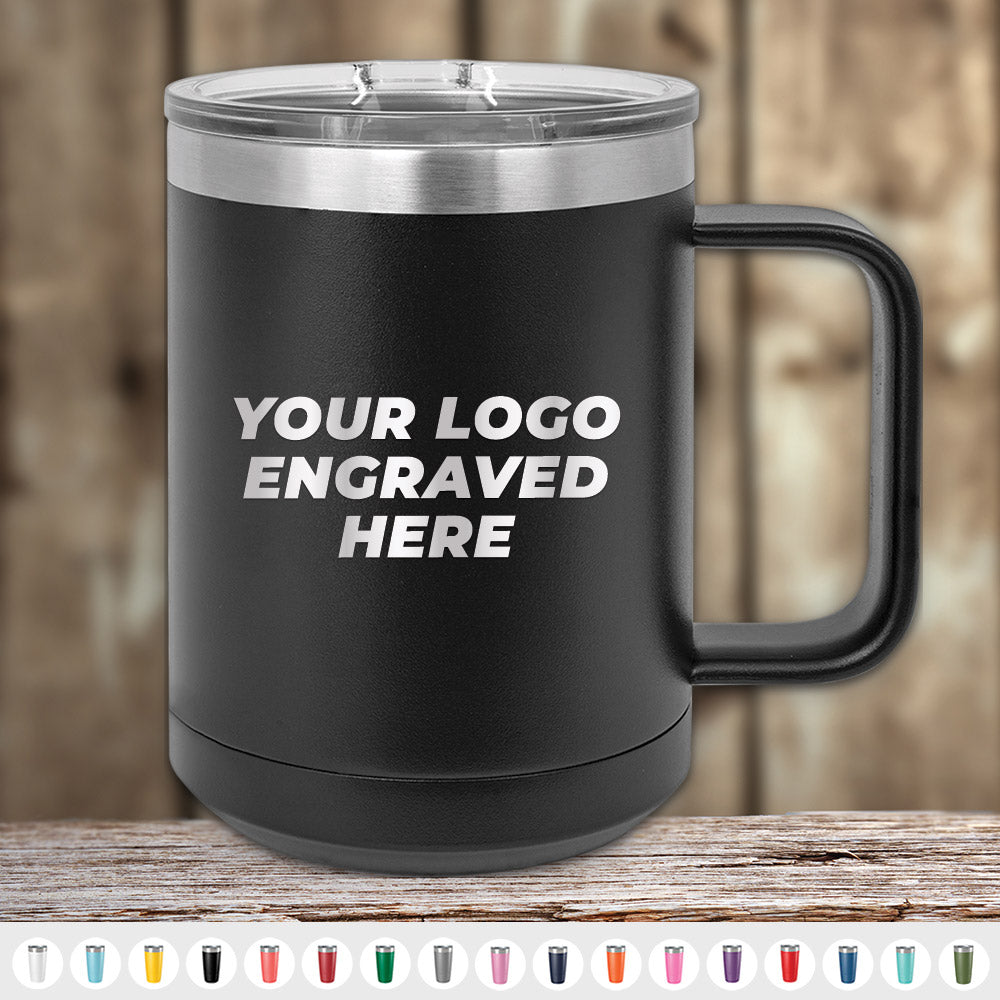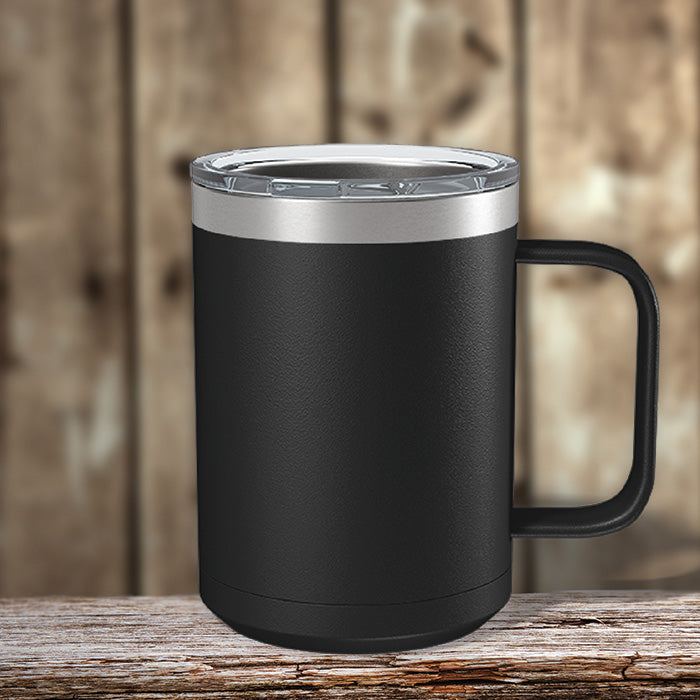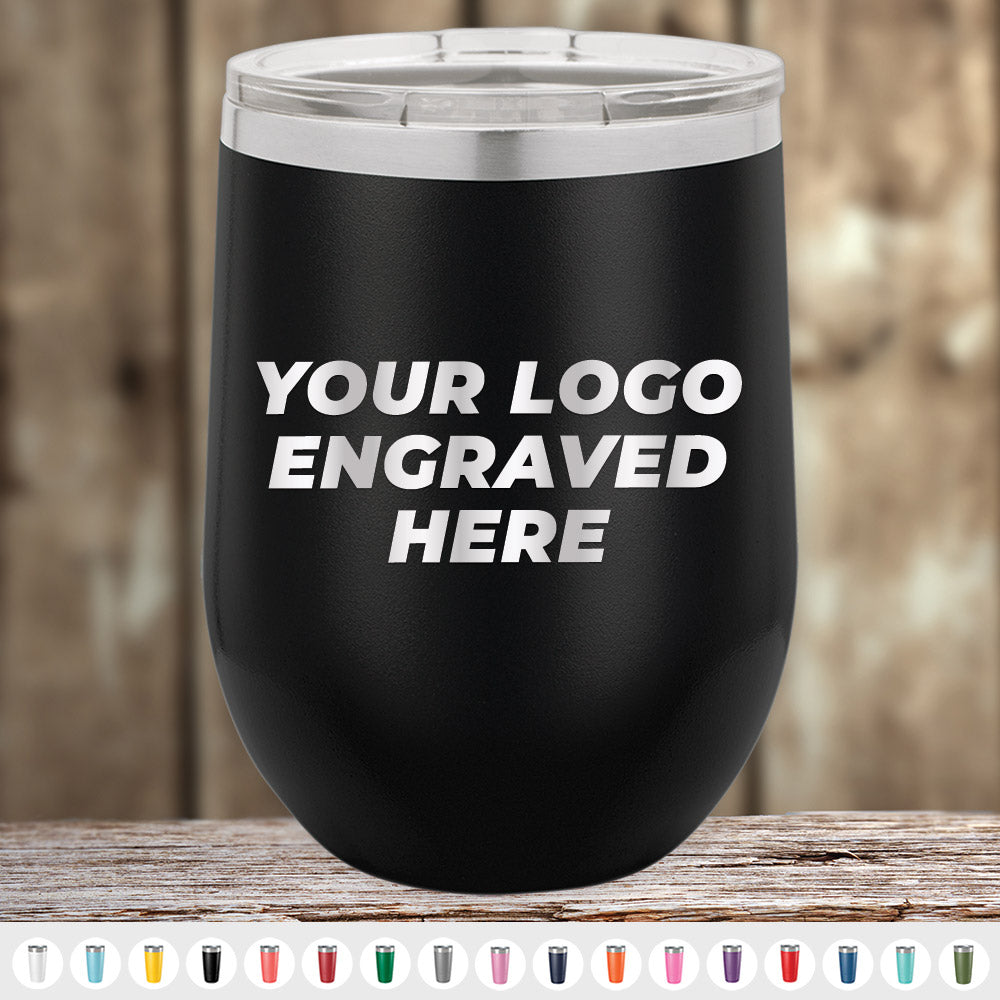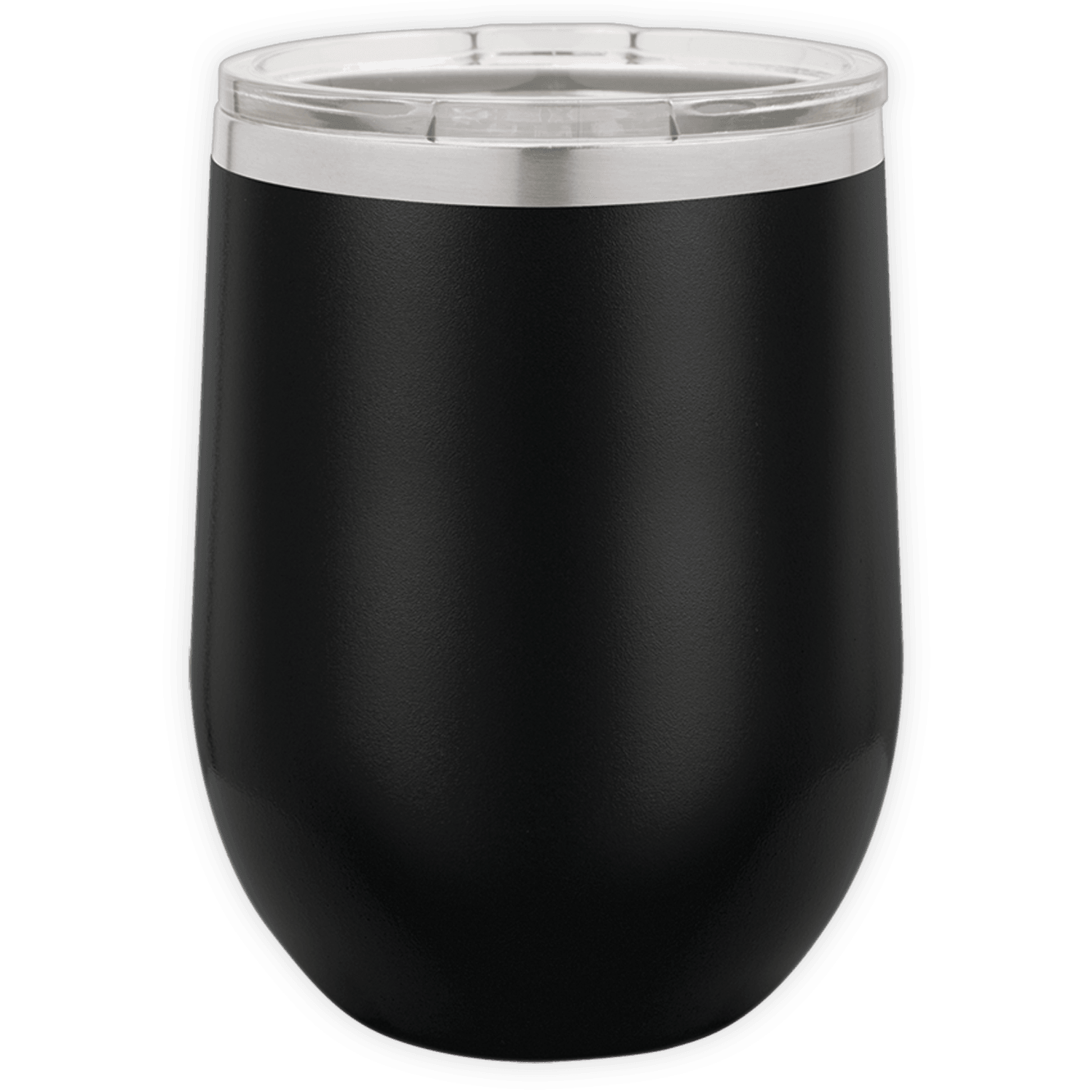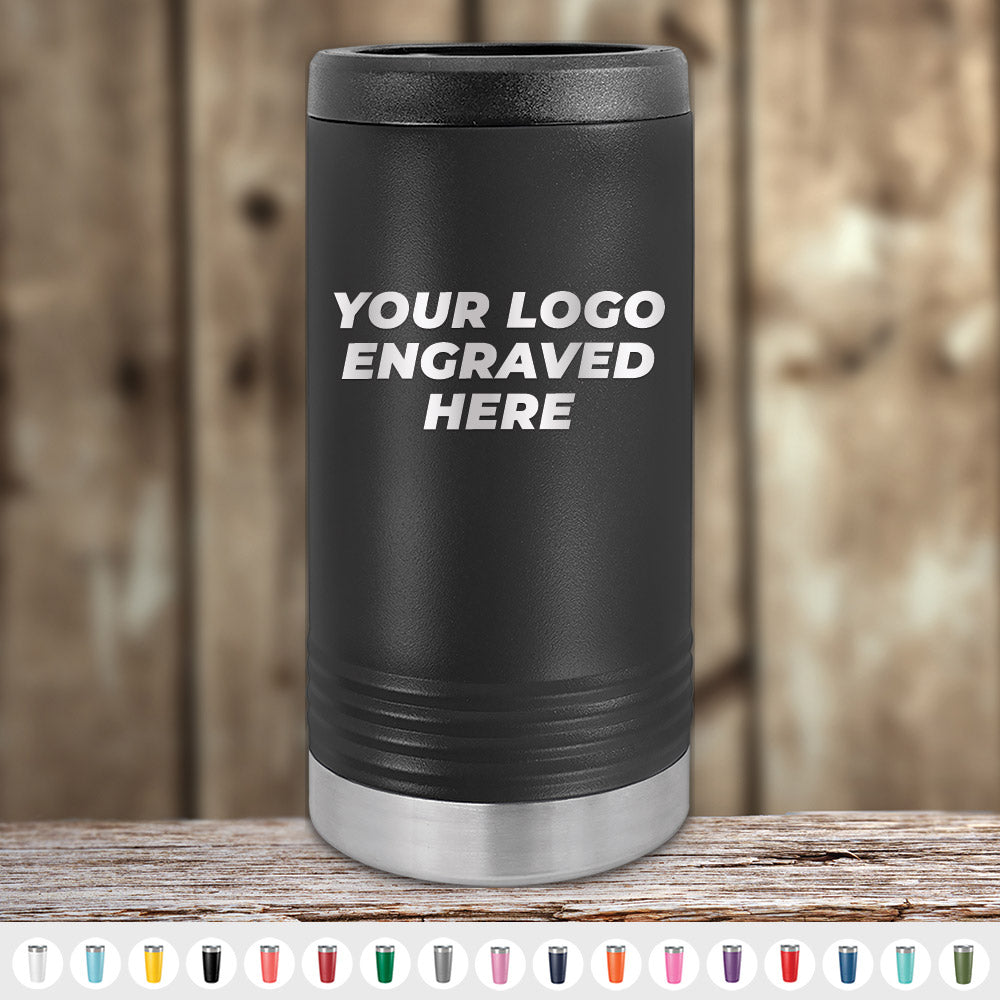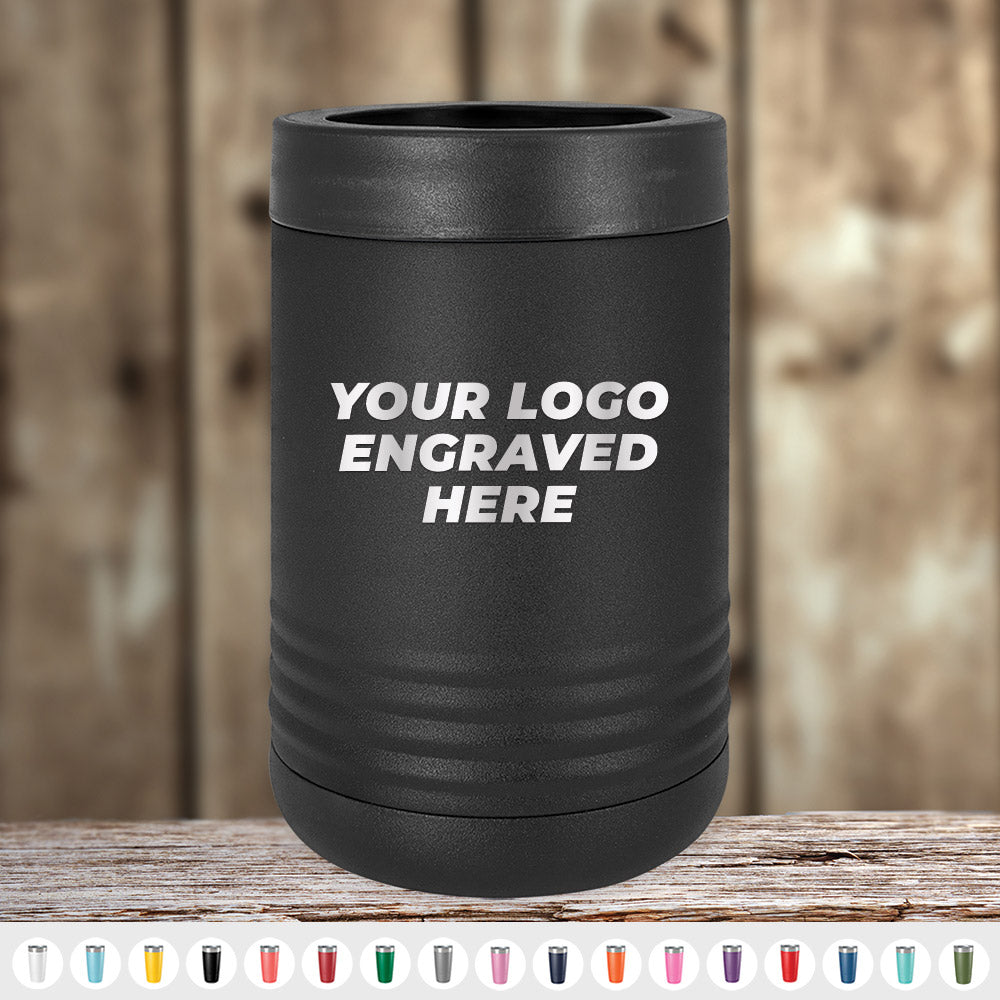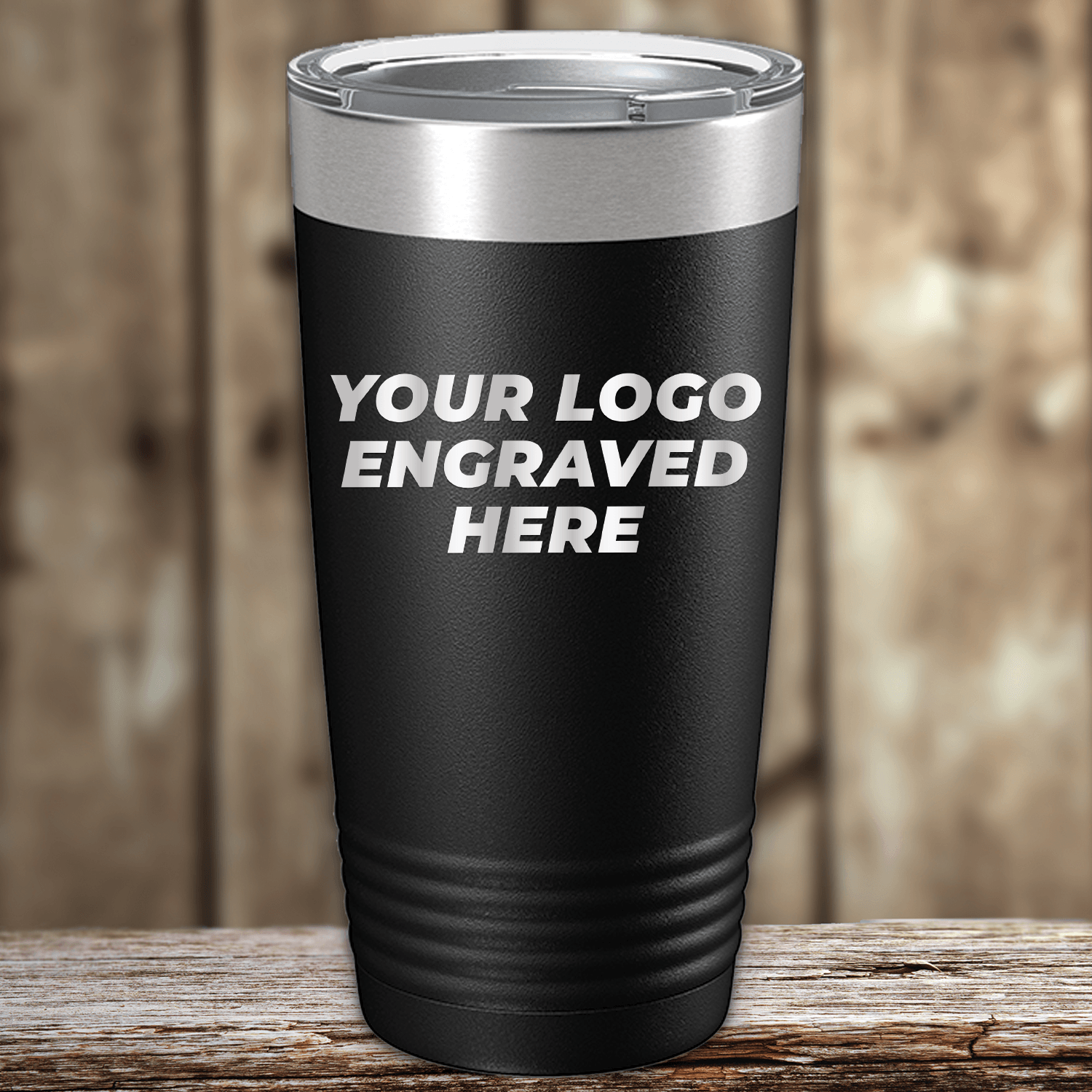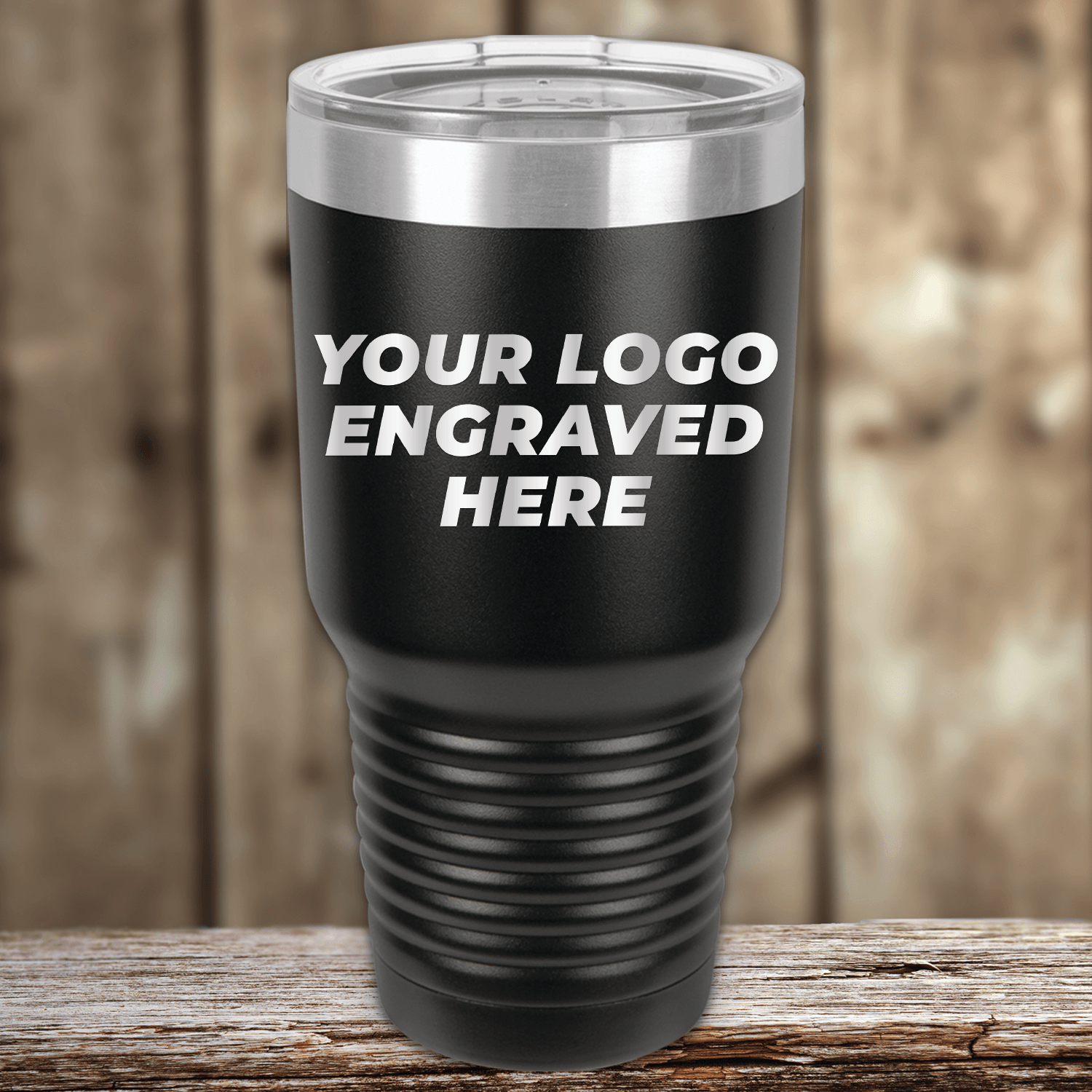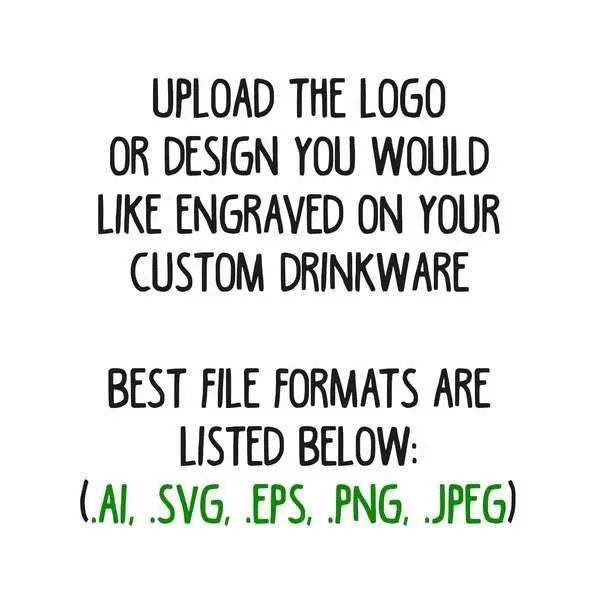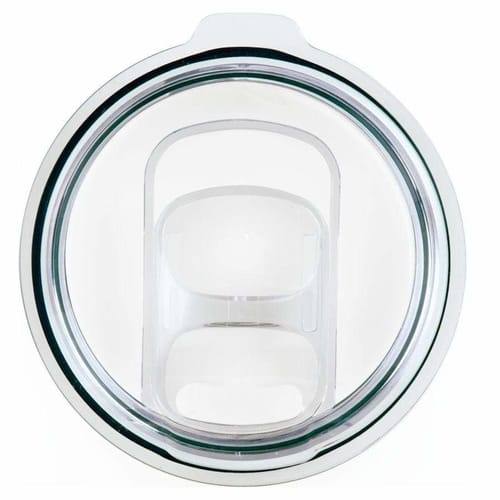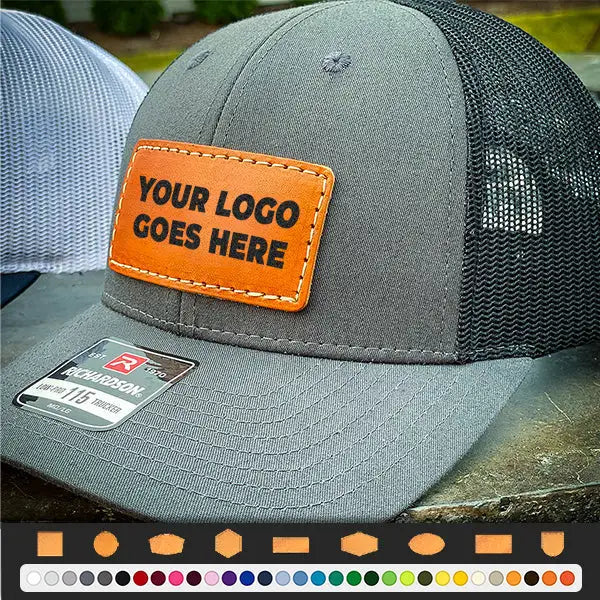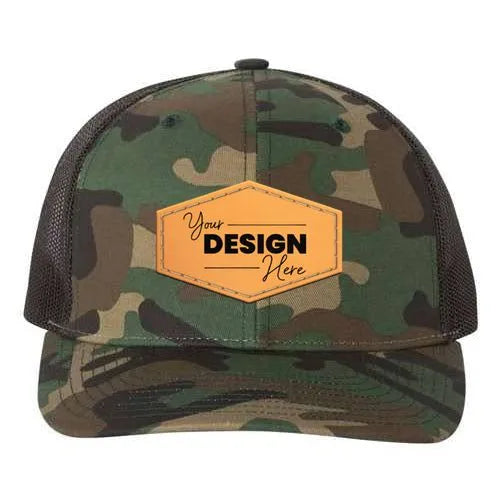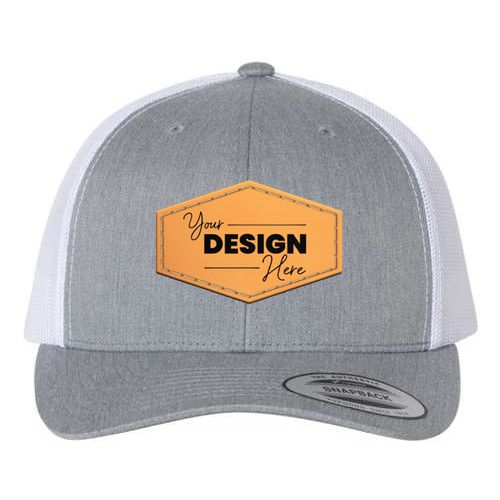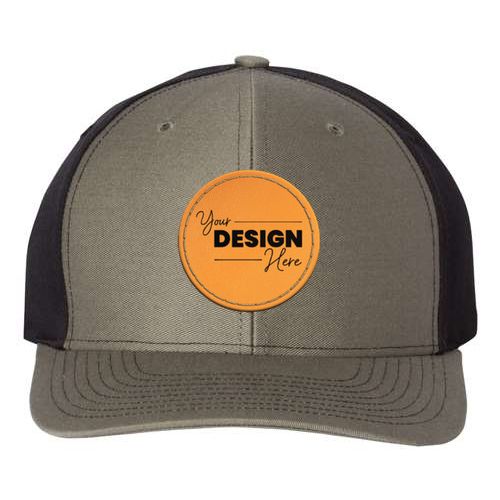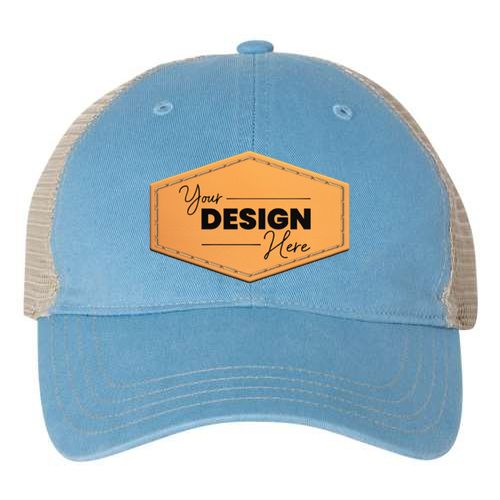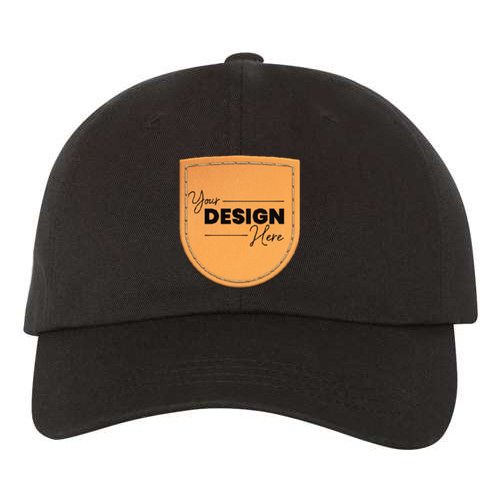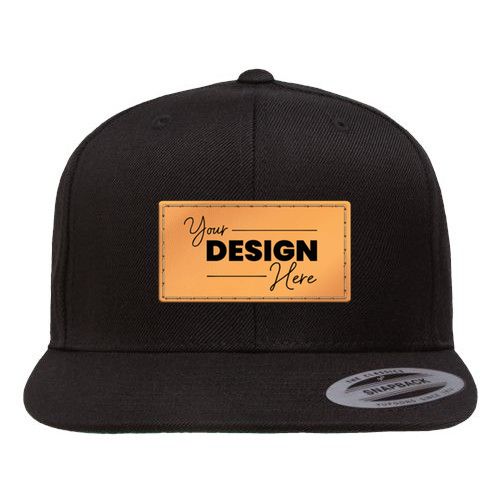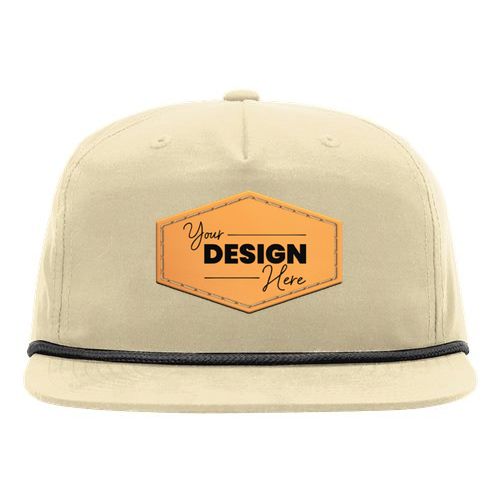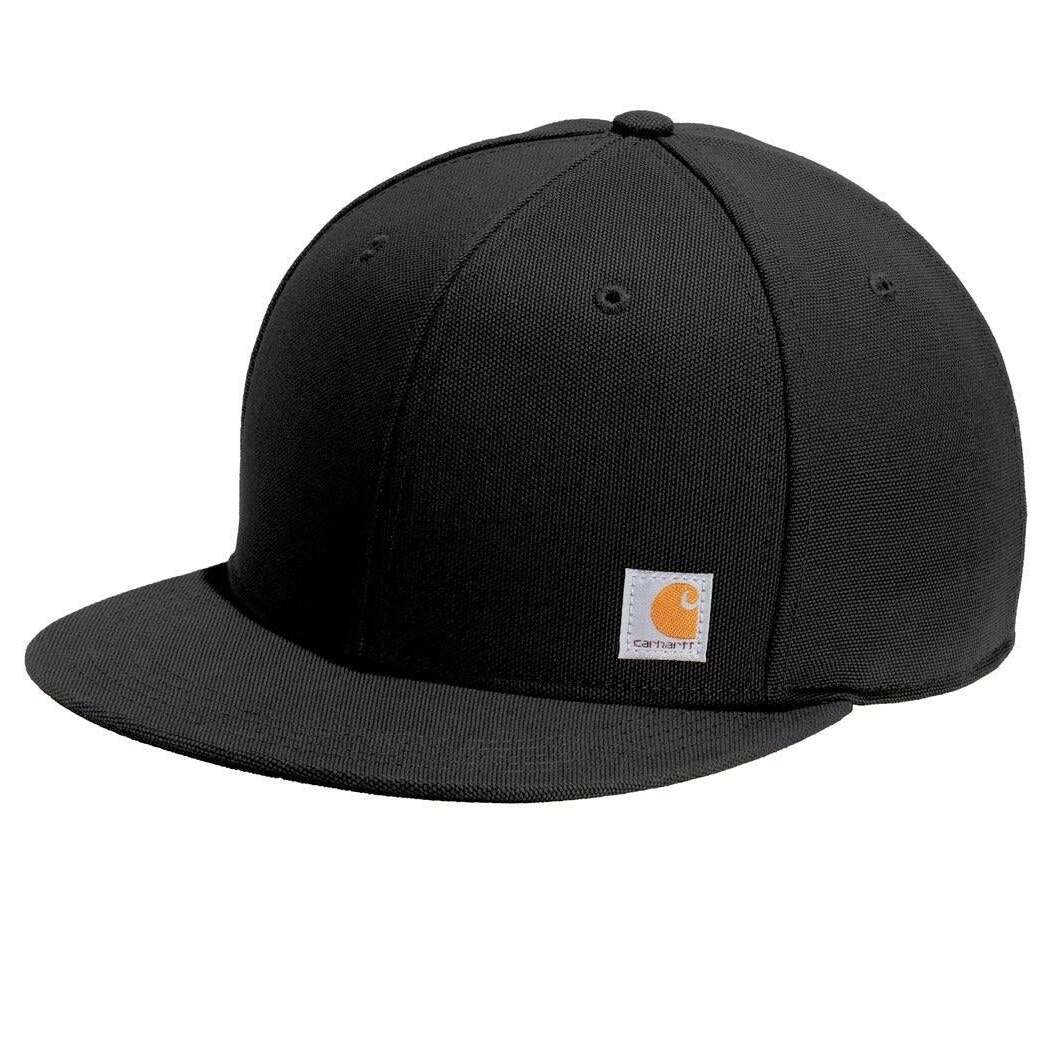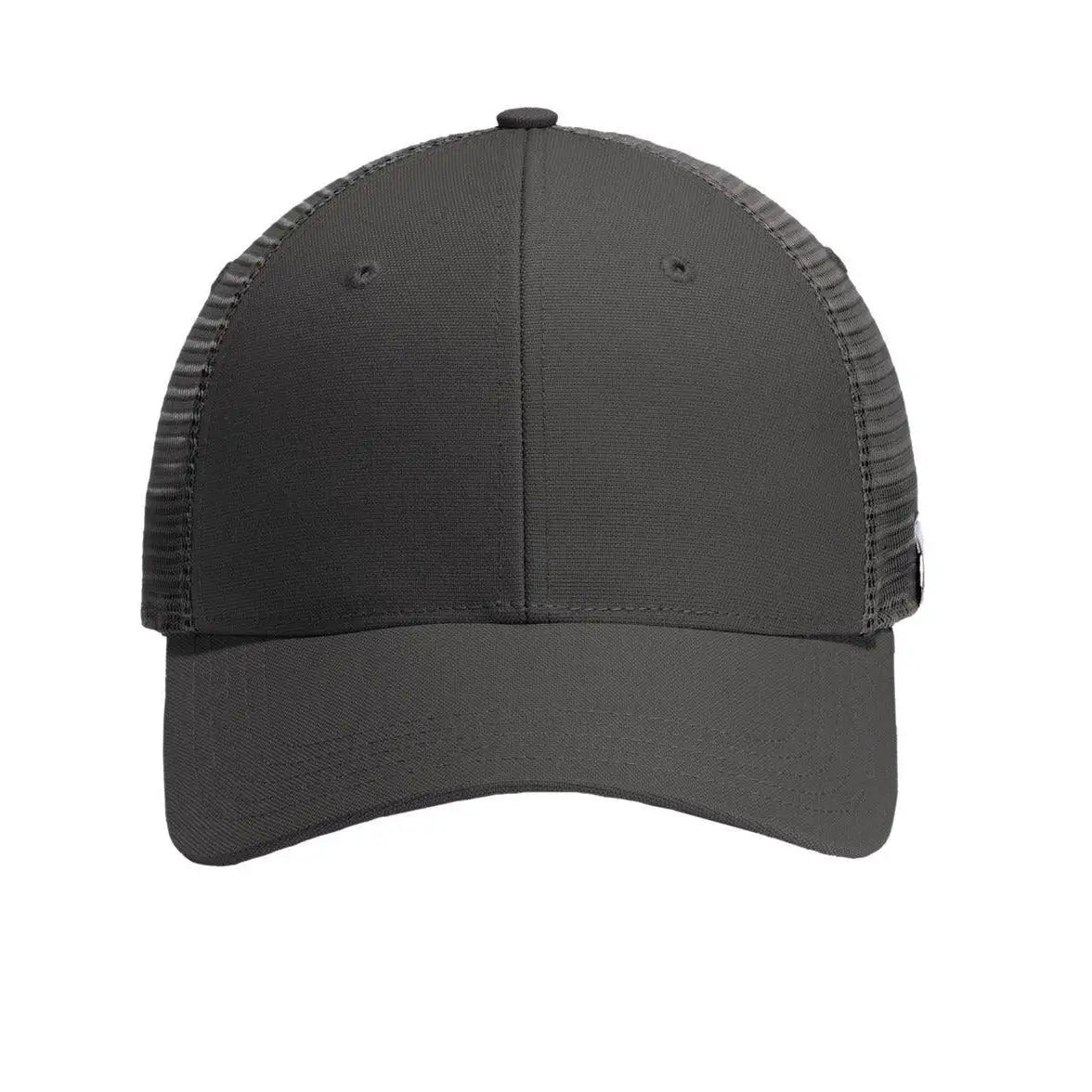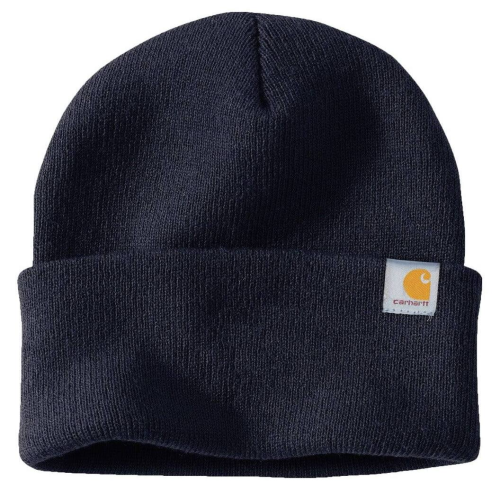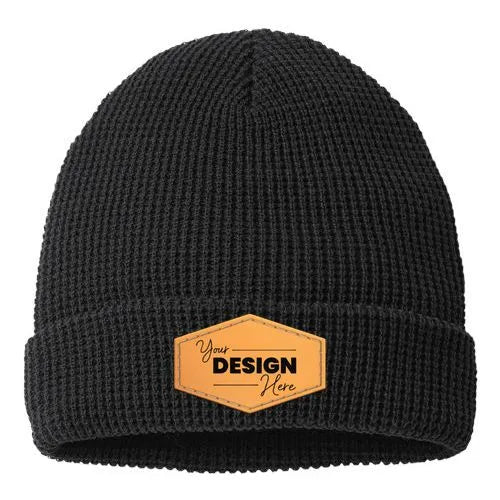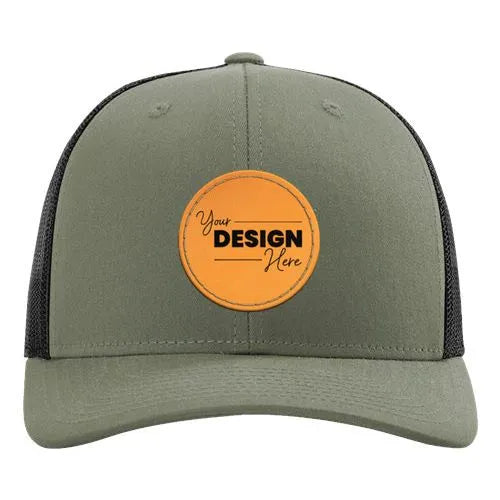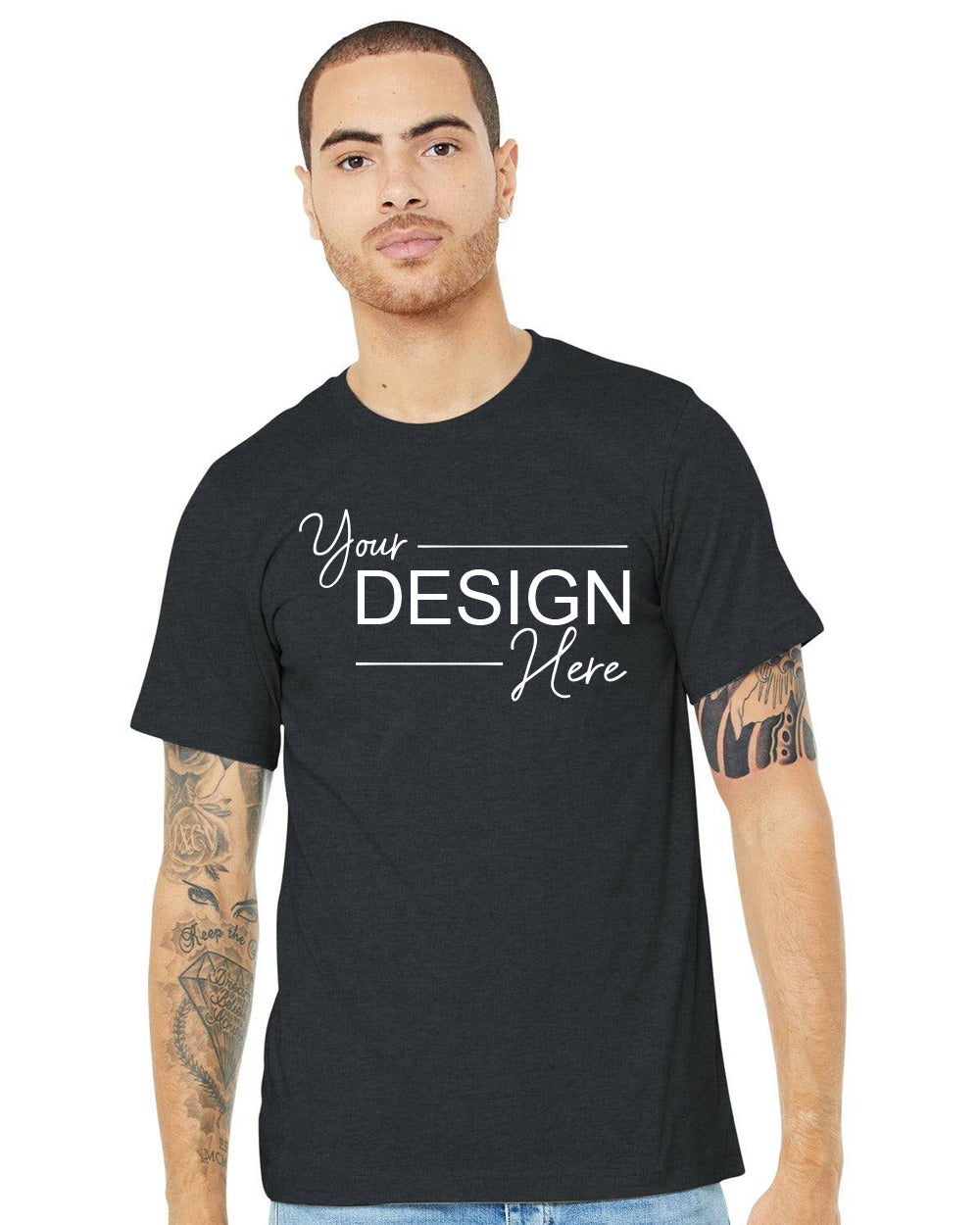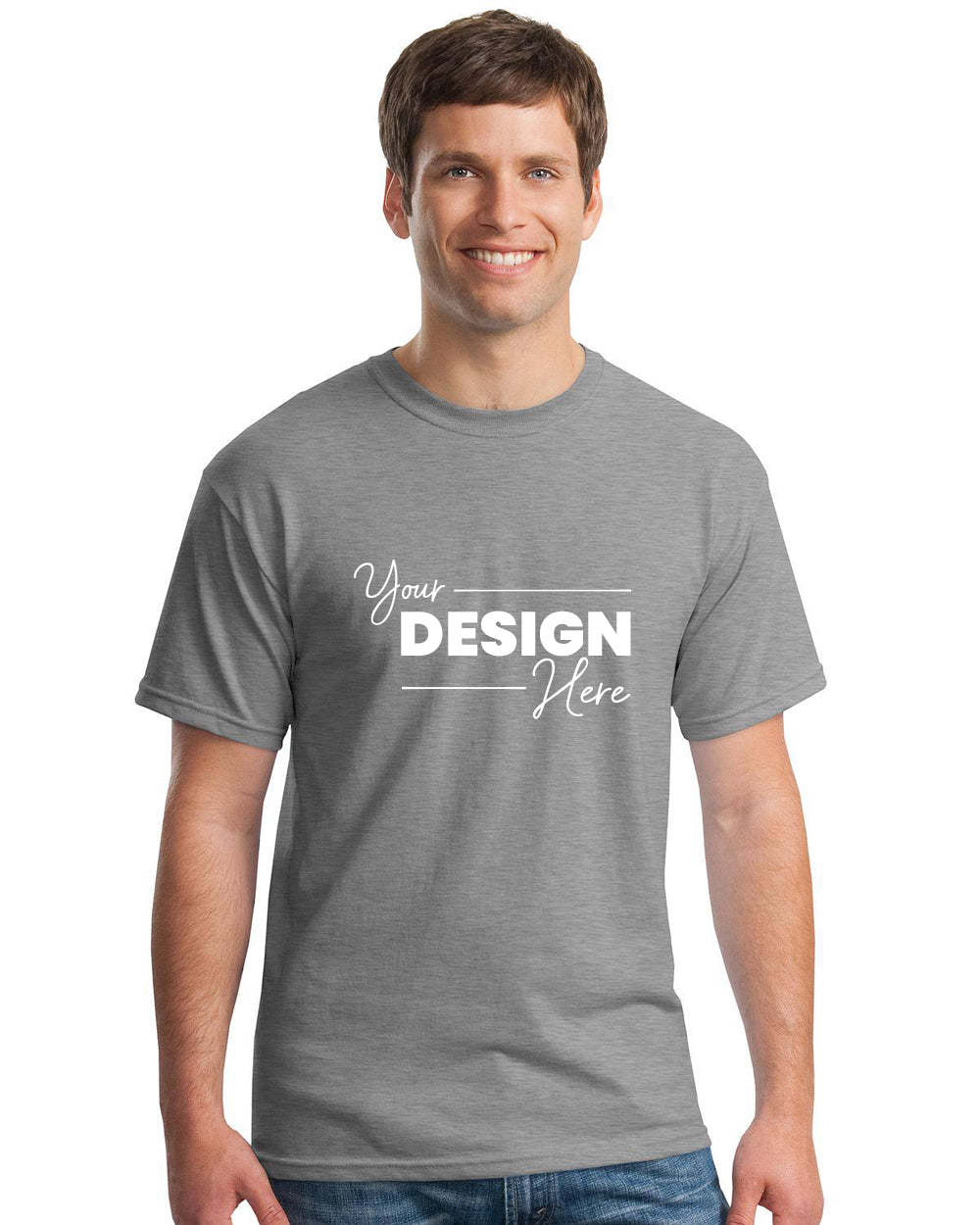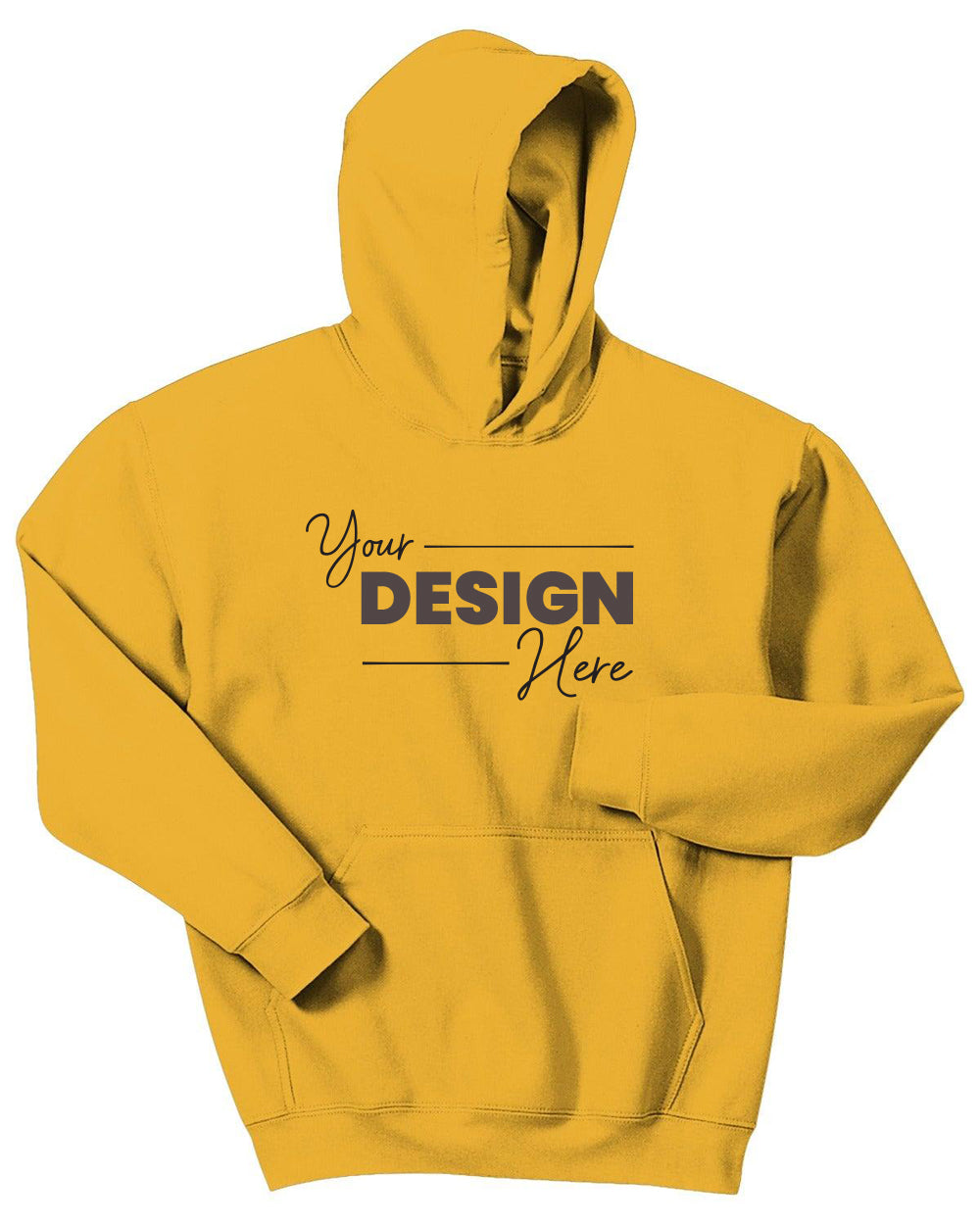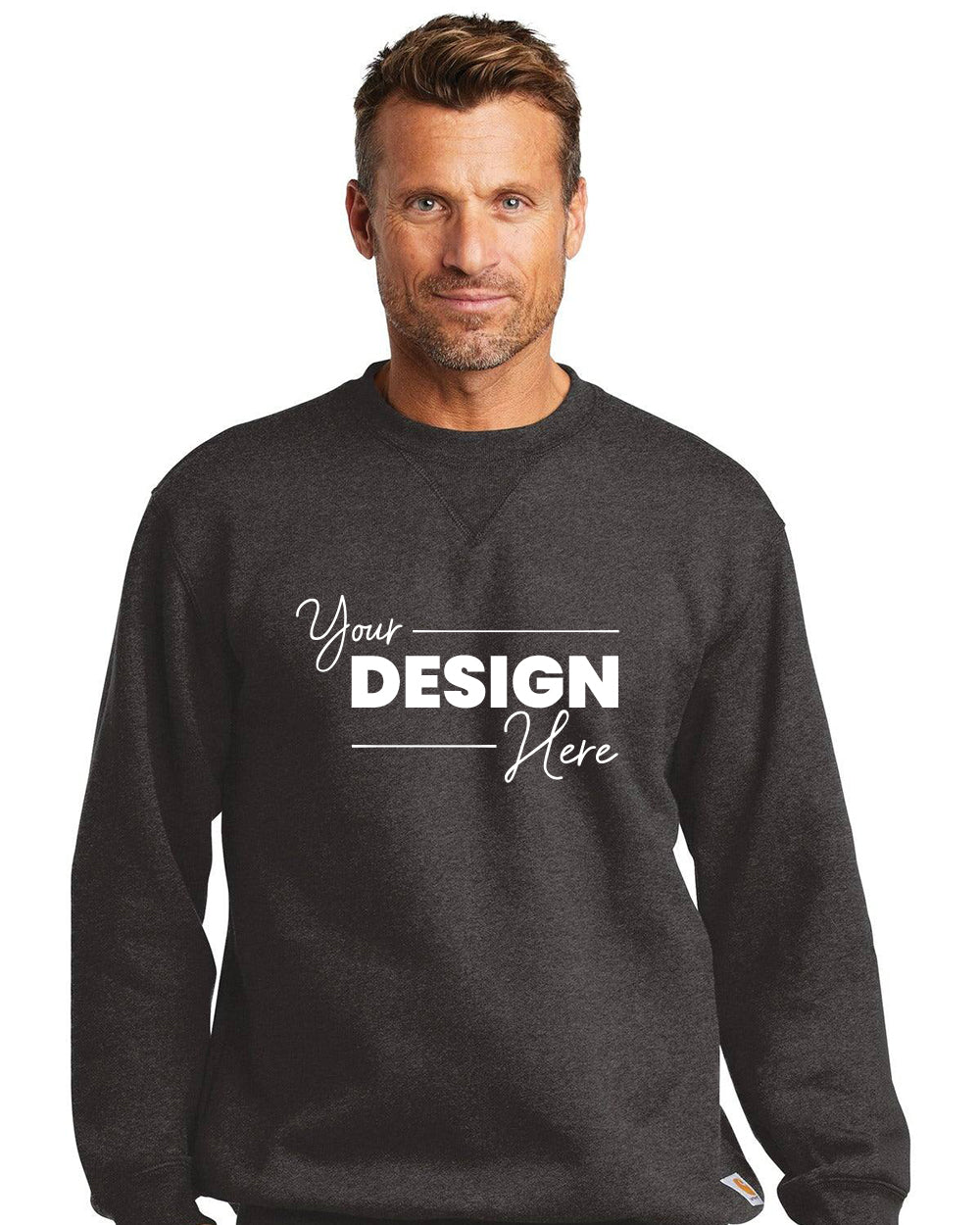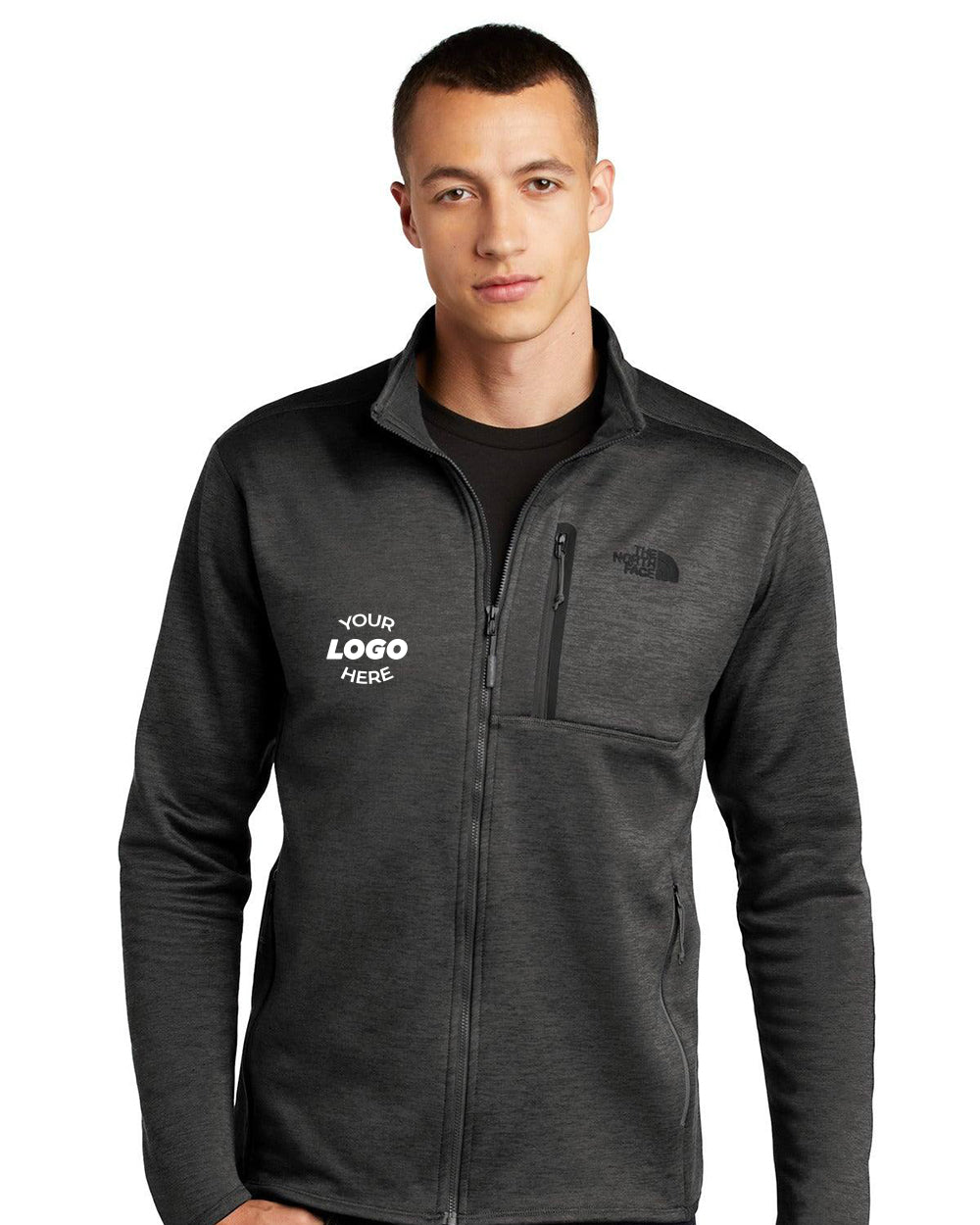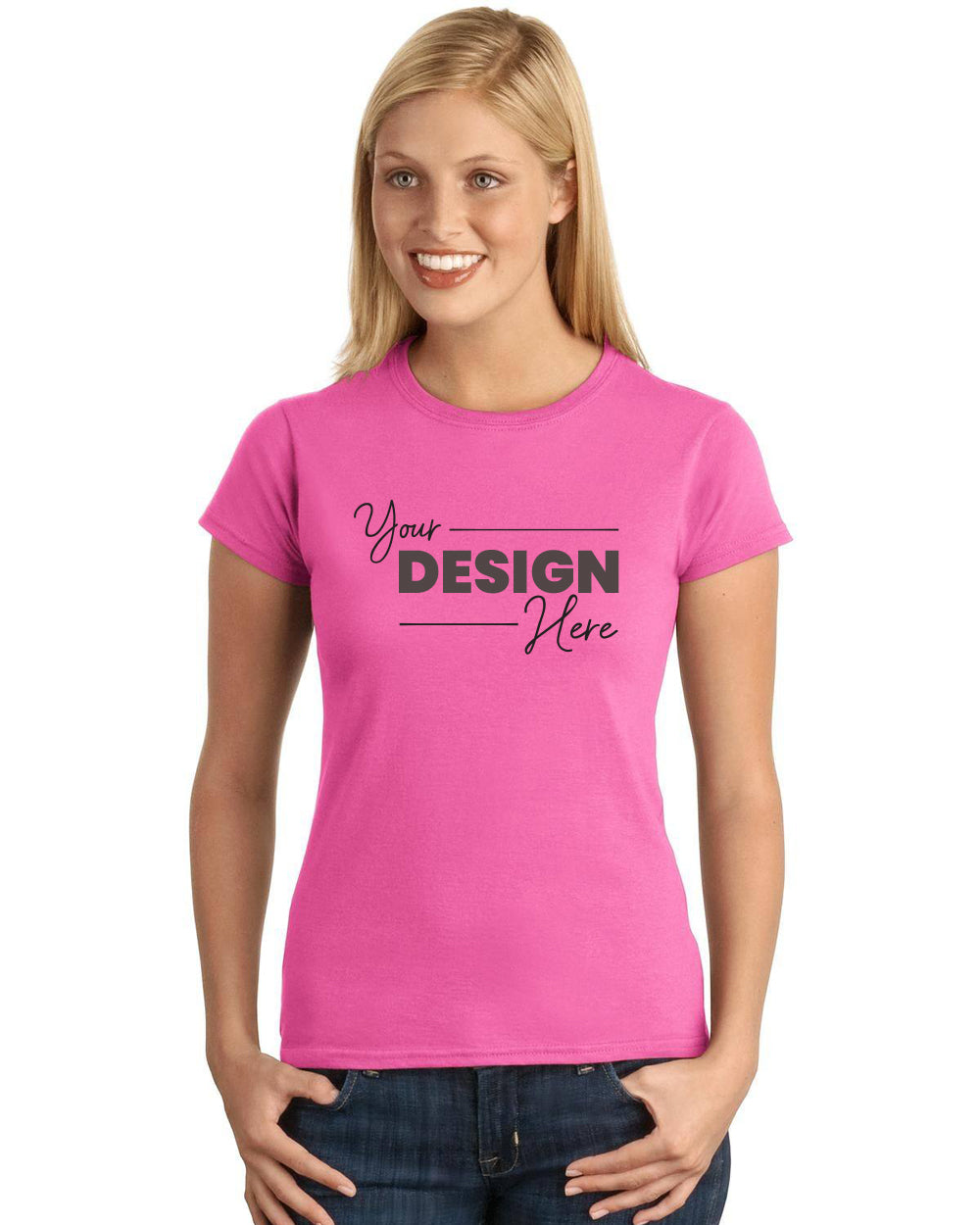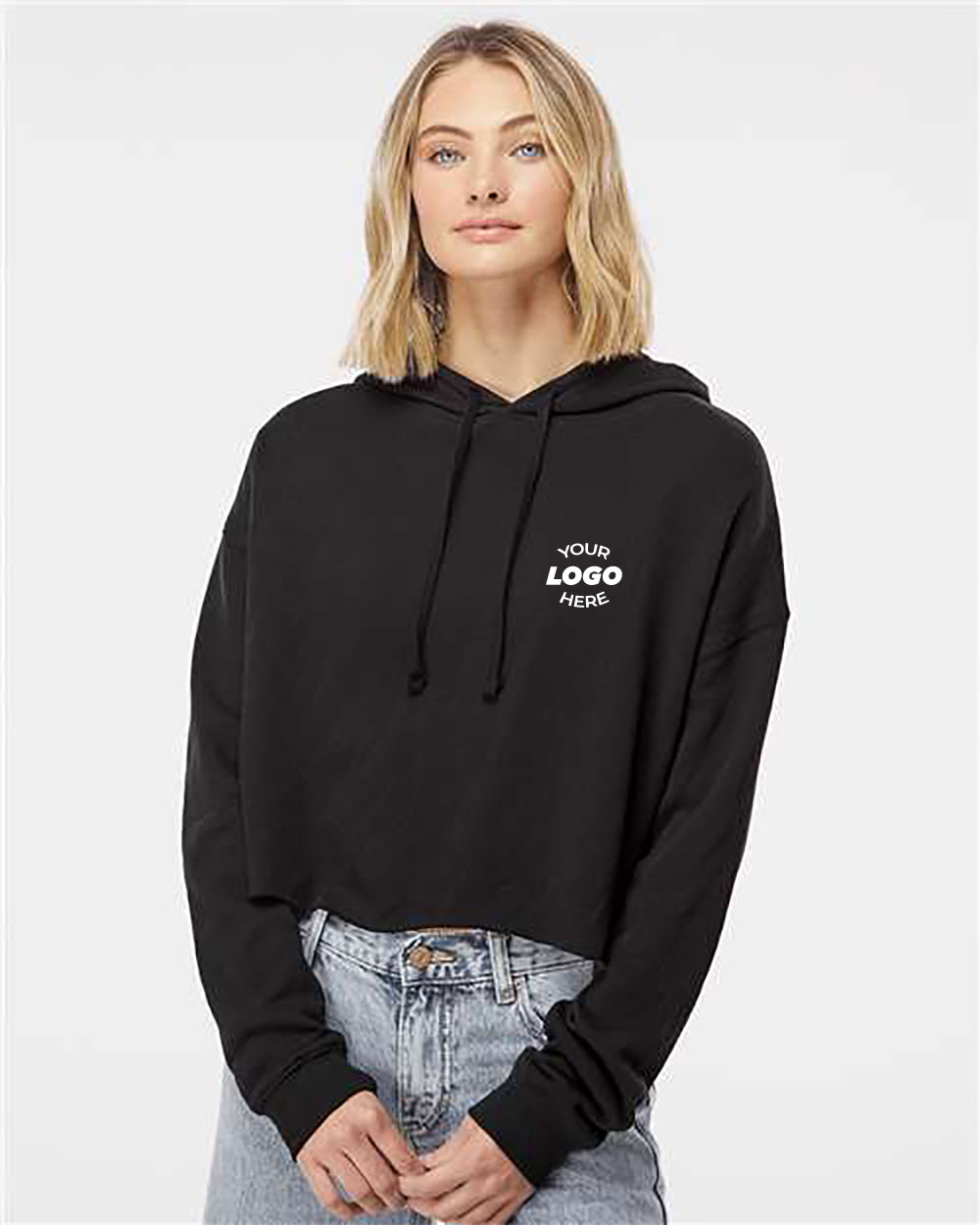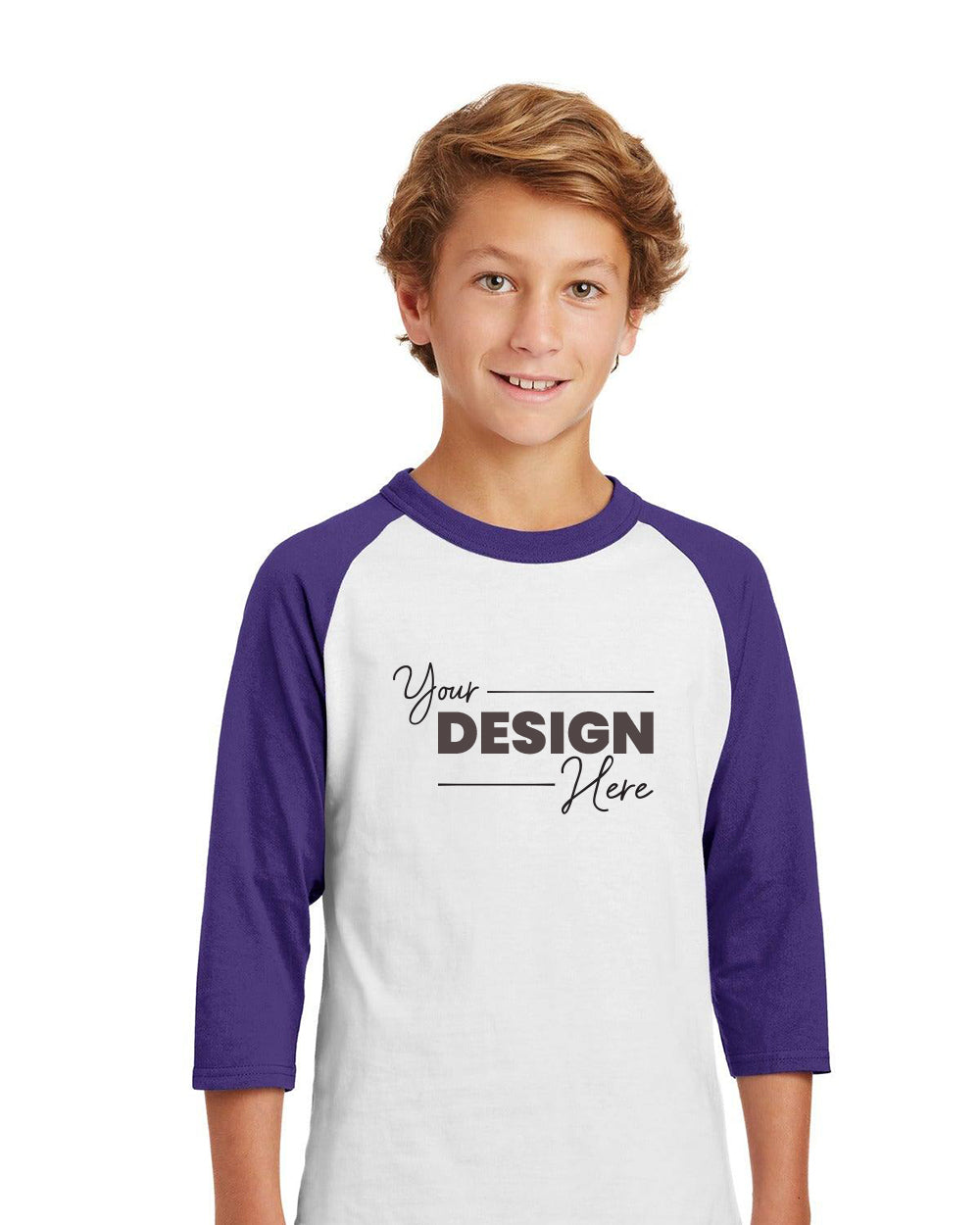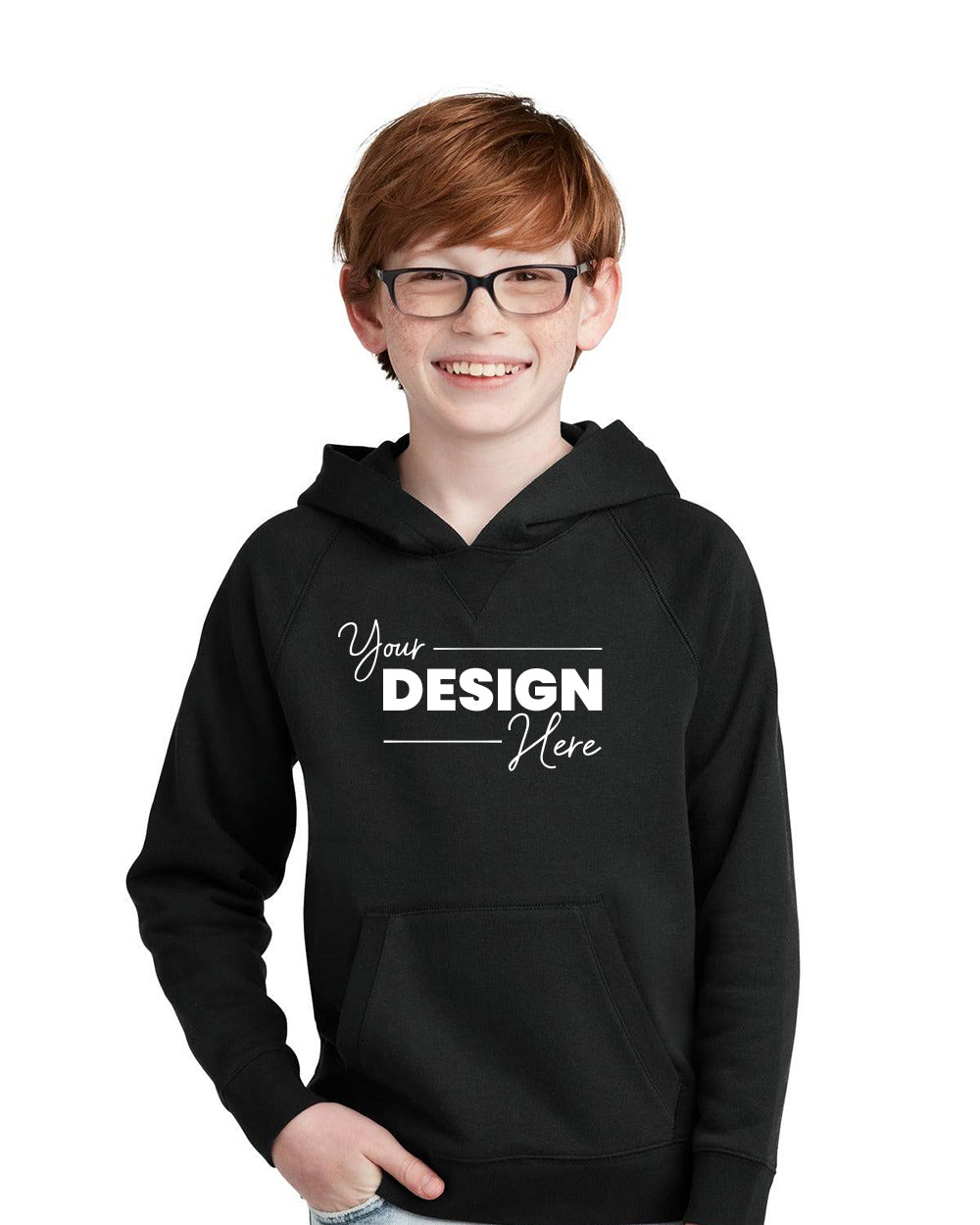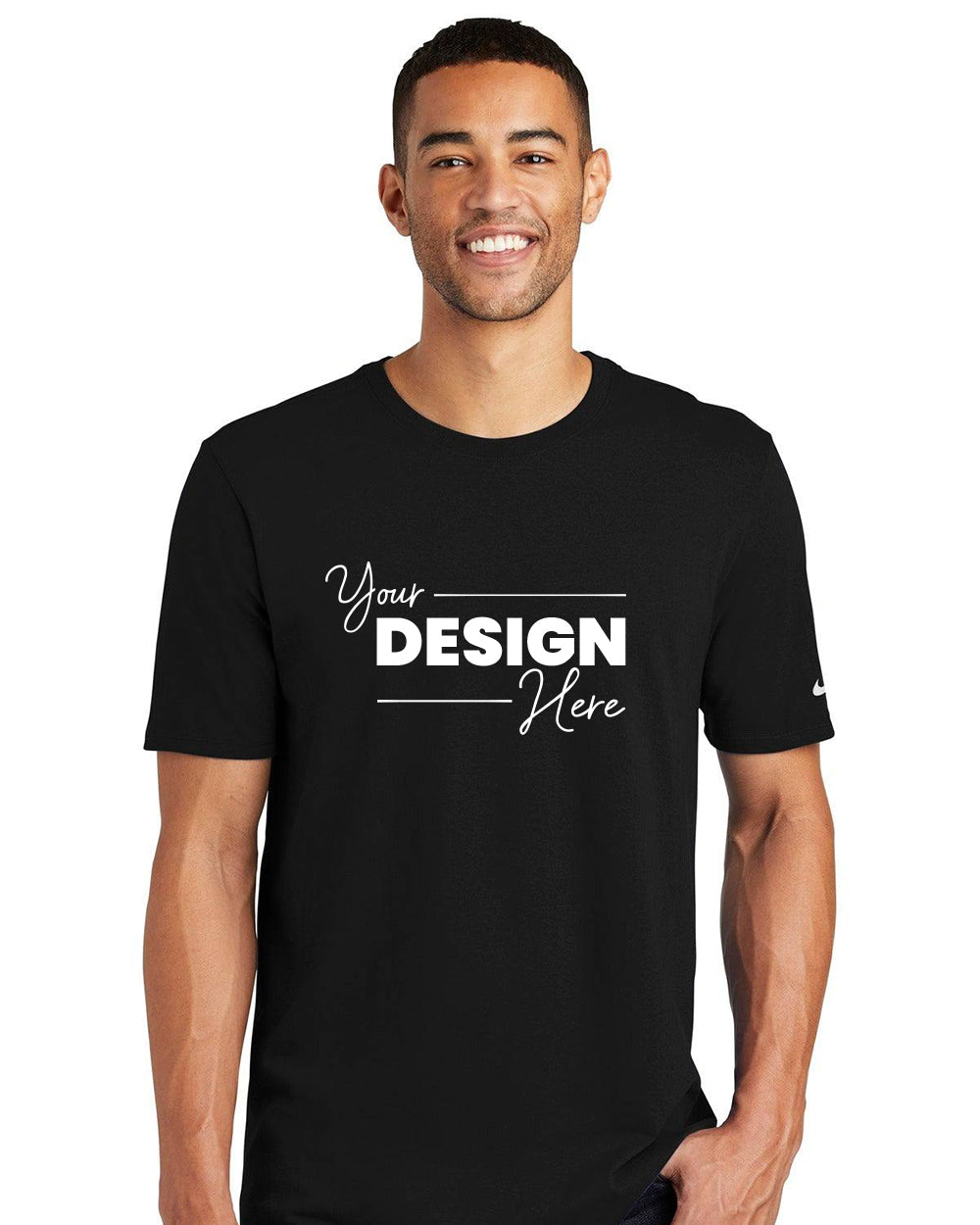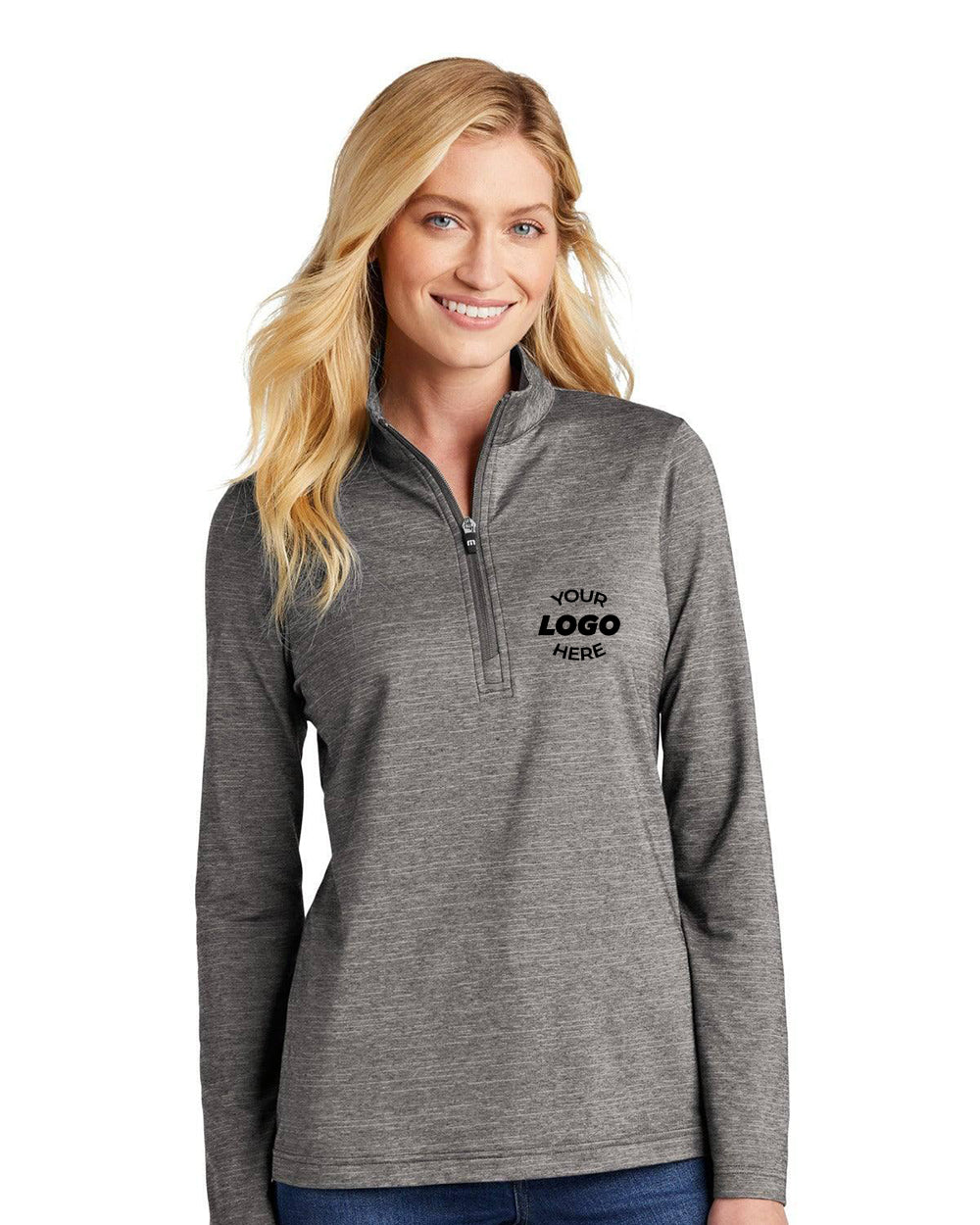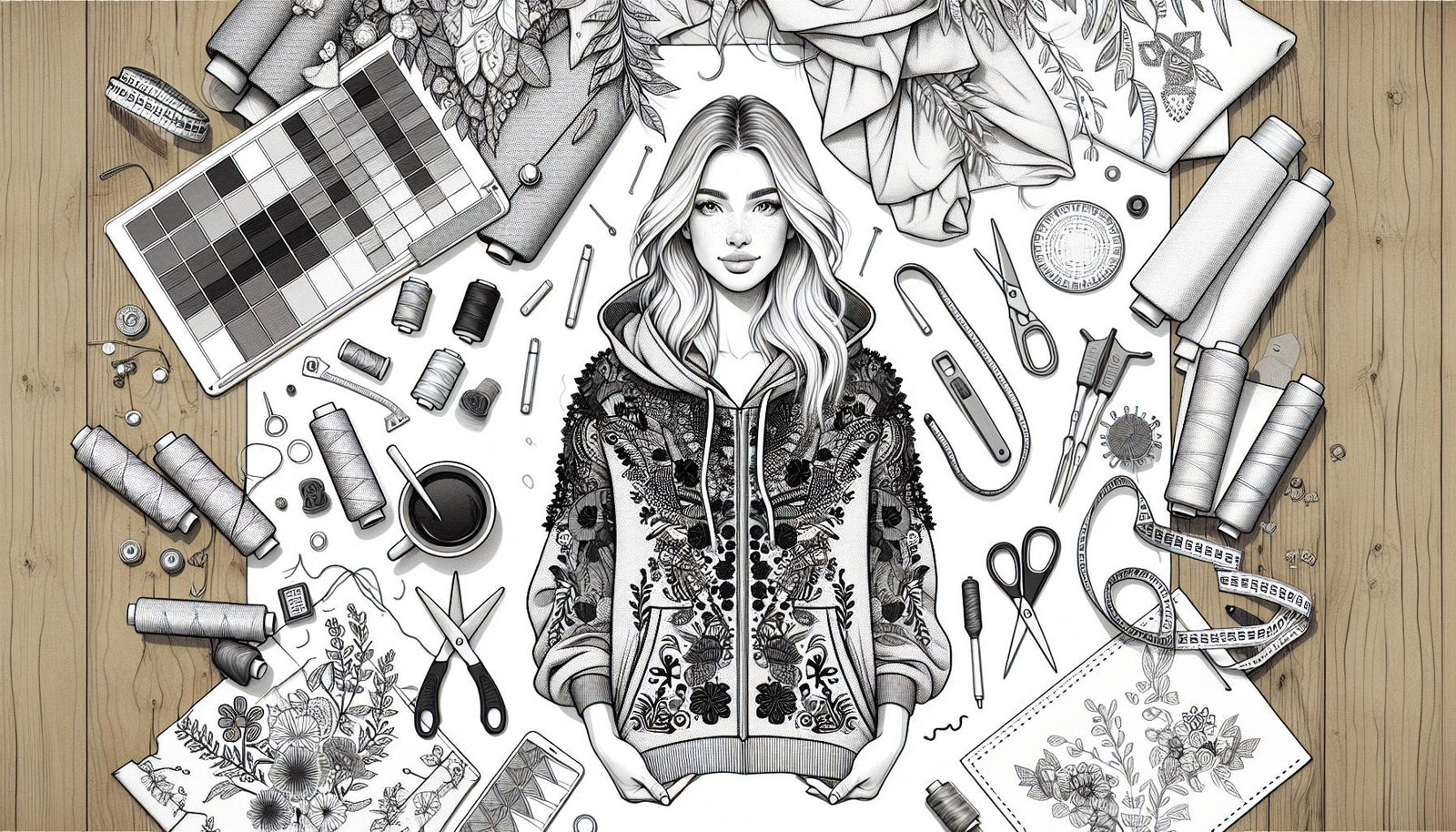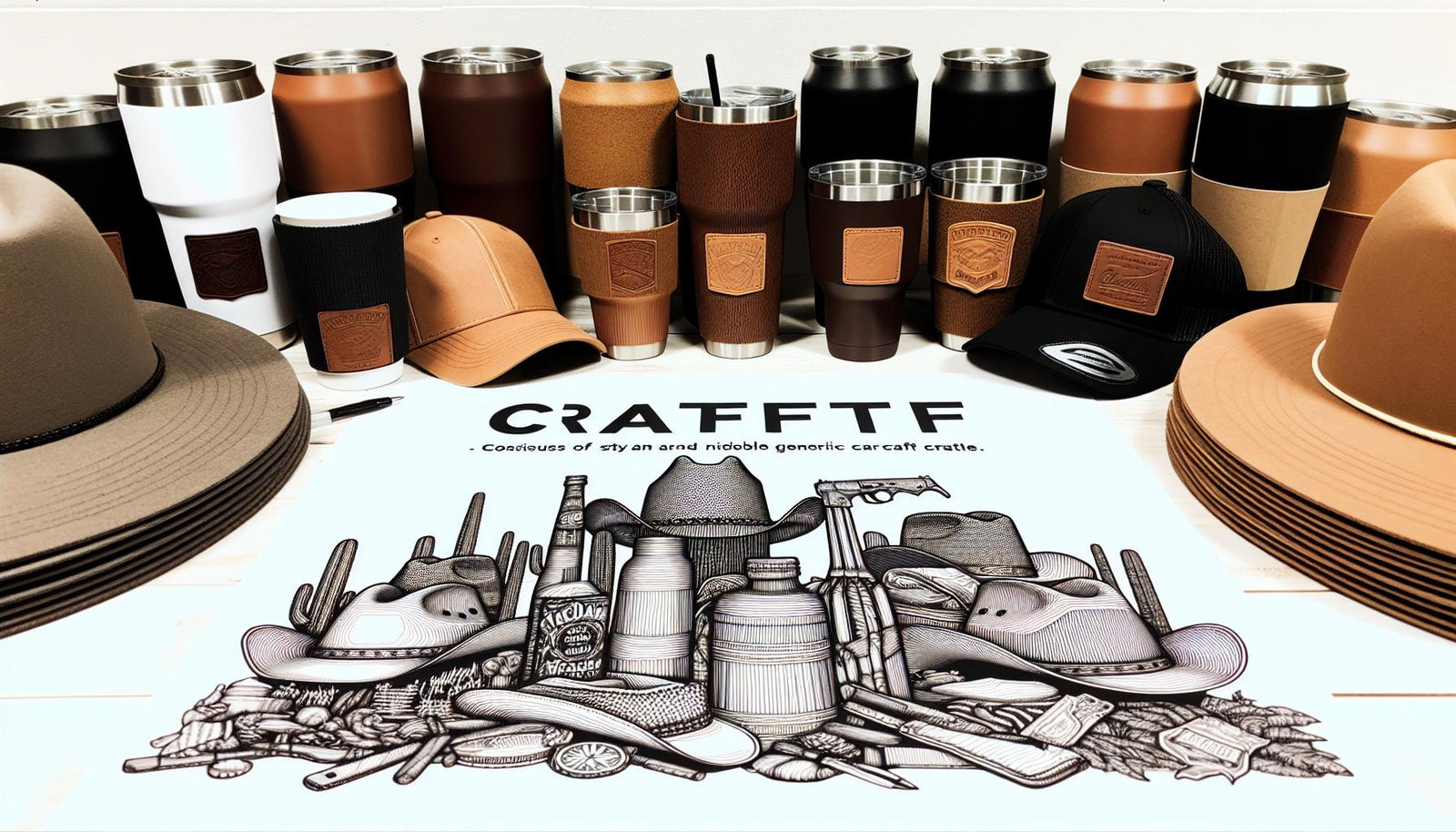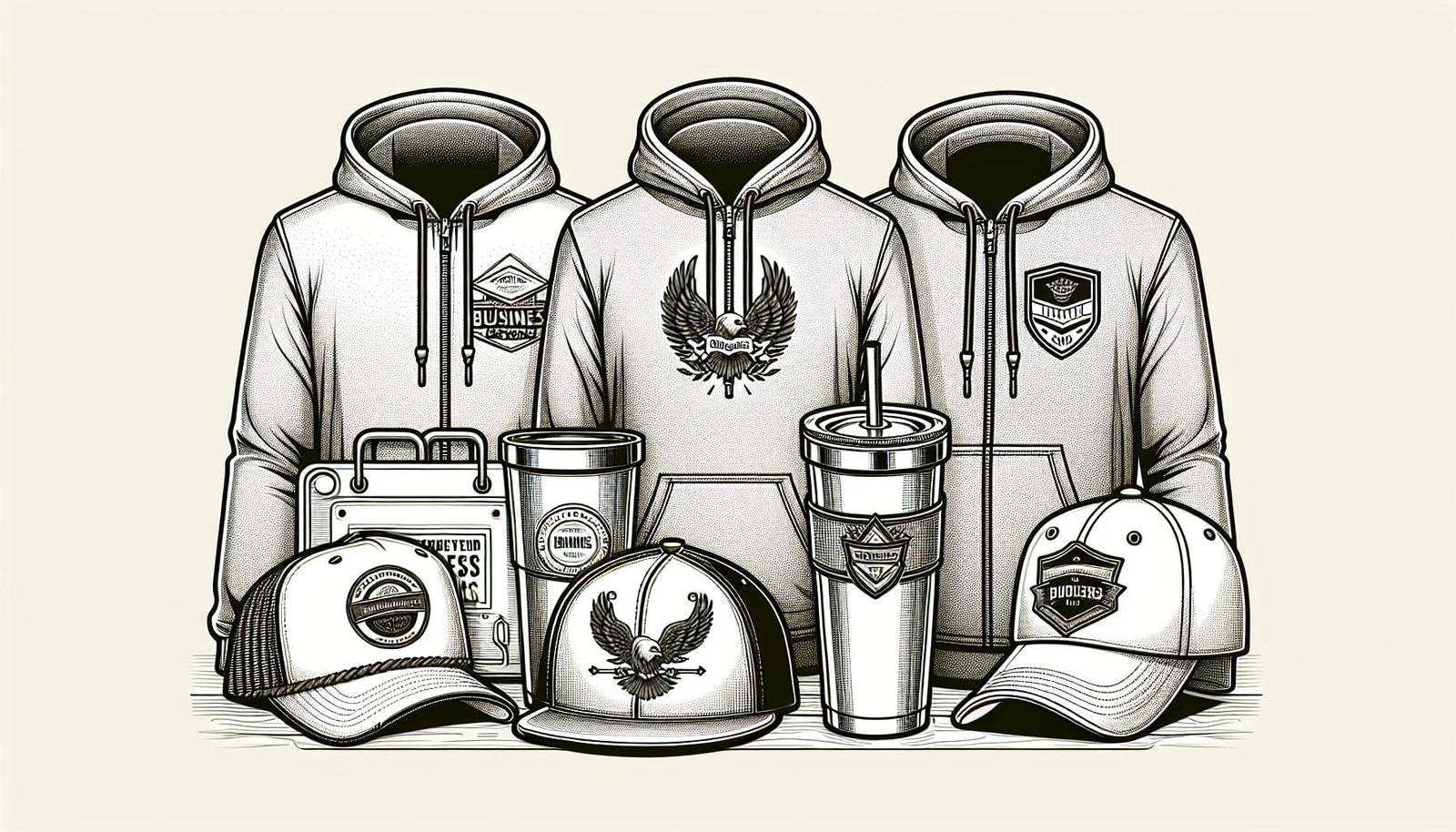-
DEALS
- Black Friday Sale
-
Package Deals: T-shirts
-
Package Deals: Long Sleeve
- Package Deals: Crewnecks
- Package Deals: Hoodies
- Shop All
-
Custom Drinkware
-
Custom Water Bottles
-
Custom Coffee Mugs
-
Custom Wine Cups
-
Custom Can Coolers
- Add Backside Logo or Names
- Custom Drinkware - No Minimal Order
- Add Priority Processing
- Accessories & Replacement
- Shop All Custom Drinkware
-
Custom Apparel
-
Custom Women's
-
Premium Brands
-
Custom Backpacks
-
Resources
-
Account
- Print on Demand App
Deals
SHOP BLACK FRIDAY DEALS
BEST SAVINGS ON NEW STYLE DRINKWARE!
Custom Drinkware
FEATURED PRODUCT
FEATURED PRODUCT
FEATURED PRODUCT
FEATURED PRODUCT
Custom Hats
Custom Apparel
FEATURED PRODUCT
FEATURED PRODUCT
FEATURED PRODUCT
FEATURED PRODUCT
FEATURED PRODUCT
FEATURED PRODUCT
FEATURED PRODUCT
FEATURED PRODUCT
FEATURED PRODUCT
FEATURED PRODUCT
FEATURED PRODUCT
FEATURED PRODUCT
Boost Your Brand: How To Make Custom Tshirts for Your Business
Post by Rob Diederich April 05, 2024 8 min read
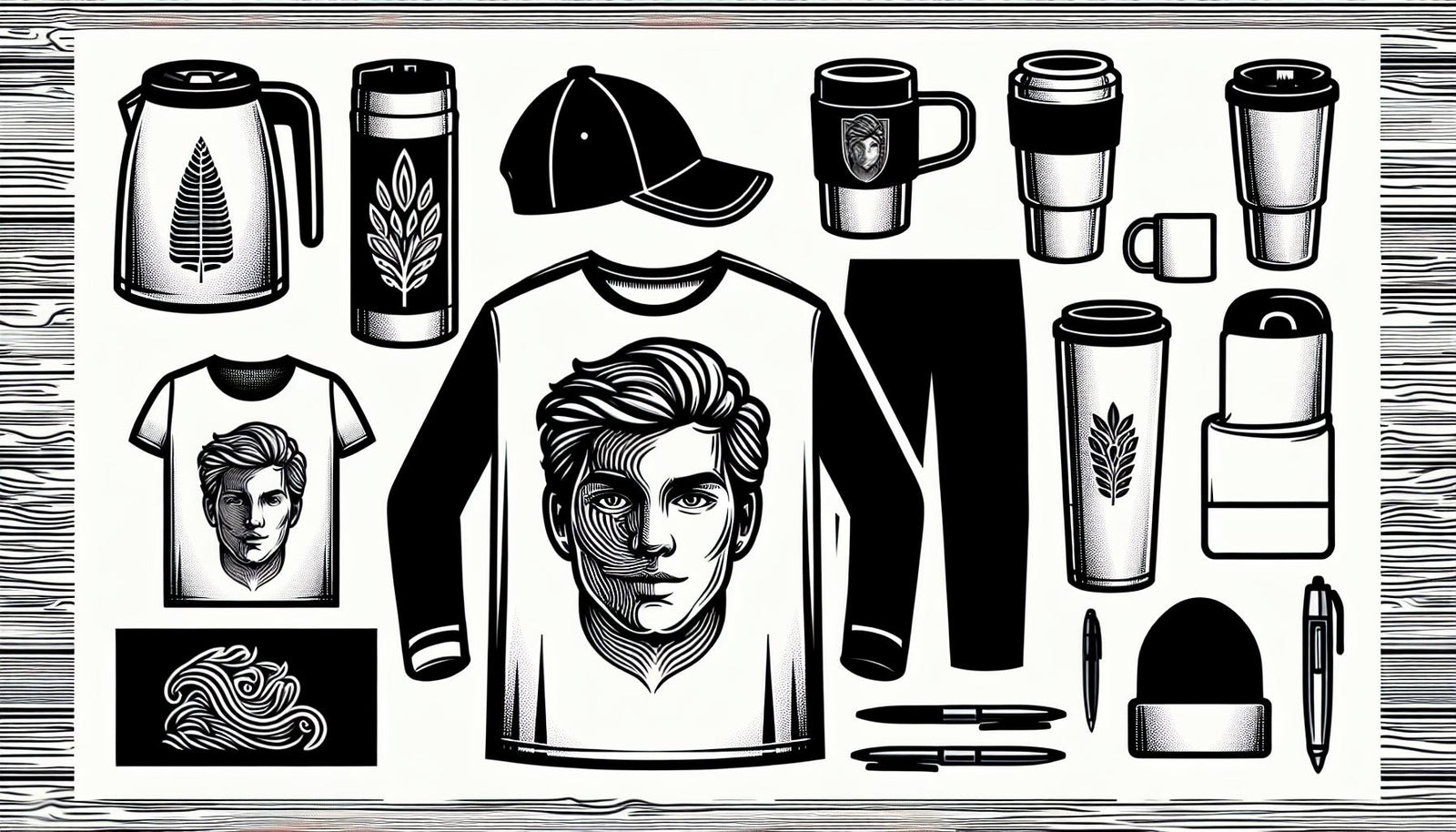
Contents
Creating custom t-shirts for your business isn't just a way to stand out; it's a powerful branding tool that can significantly impact your marketing efforts. I've been through the process myself, and I'm here to share some insider tips that'll make your journey smoother. From selecting the right materials to choosing a design that resonates with your brand, I've got you covered.
The world of custom apparel can seem daunting at first, but with the right approach, it's incredibly rewarding. Whether you're looking to create merchandise for your company, promotional items for an event, or uniforms for your staff, custom t-shirts are a versatile solution. Let's dive into the essentials of crafting t-shirts that not only look great but also convey your business's unique identity.
Research and Planning
When I dive into the process of making custom t-shirts for my business, I can't stress enough the importance of thorough research and planning. This initial step is crucial for aligning my t-shirt project with my business's branding and marketing strategies.
Firstly, I identify my target audience. Understanding who I'm designing for helps me make decisions about styles, sizes, and preferences. Are my custom t-shirts for young entrepreneurs, tech enthusiasts, or perhaps for outdoor adventurers? Each group has distinct tastes and preferences that I need to consider.
Next, I explore the latest trends in t-shirt design and materials. Sustainability is a big focus area these days, and choosing eco-friendly fabrics not only appeals to a broader demographic but also aligns with environmentally conscious brand values. For design inspiration and trend insights, I sometimes browse through our Custom Leather Patch Hats collection. The creativity in customization there sparks ideas for impactful t-shirt designs.
Budget planning shouldn't be overlooked. I outline my financial limits early on, considering costs for design, production, and distribution. This ensures that I keep expenses in check without compromising on quality. I found our homepage offers valuable tips on budgeting for custom merchandise projects.
Moreover, evaluating the purpose of my custom t-shirts guides me in design complexity and choice of materials. Whether they're for a promotional event, merchandise for sale, or uniforms for my staff, each purpose may require a different approach in design and fabrication. For instance, t-shirts intended for sale might need more premium materials compared to giveaway items at a trade show.
Lastly, I make it a point to check out our Custom Tumbler collection for complementary merchandise ideas. Matching t-shirts with custom tumblers can create a cohesive branding package that significantly enhances my business's market presence.
The foundation of a successful custom t-shirt project lies in effective research and planning. By dedicating time to these steps, I'm setting myself up for a smoother creation process that aligns perfectly with my business goals and audience expectations.
Design Selection

When I delve into the creative process of making custom t-shirts for business, choosing the right design is pivotal. It's more than just picking colors and images; it involves understanding the brand's identity and how it aims to connect with its target audience. For me, this begins with a brainstorming session where I consider the brand's values, message, and the story it wants to tell through these t-shirts.
The design stage is where creativity meets strategy. I always recommend starting by exploring trendy designs while ensuring they align with the business's aesthetic. It's crucial to remember that a great design can significantly enhance brand recognition. For inspiration and to stay ahead of the curve, I often visit our home page which showcases our latest projects and design trends in the customization world.
Here are a few tips I've found useful in selecting the perfect design:
- Keep it Simple: A clean, straightforward design often has a stronger impact and is more memorable.
- High-Quality Graphics: Always choose or create high-resolution graphics to avoid any printing mishaps.
- Incorporate Your Logo: If it’s for a business, integrating the logo into the design in a creative way can strengthen brand identity.
Once the design is finalized, the next step is choosing the right materials that complement your design aesthetics. Luckily for businesses, options aren't limited to just t-shirts. Complementing products like custom tumblers can be found in our Custom Tumbler Collection, and they serve as an excellent extension of your branding efforts. Adding complementary items such as custom leather patch hats can also significantly amplify your company's visibility and brand recall.
Creating a cohesive and appealing custom t-shirt involves meticulous design selection that resonates with your target audience and amplifies your brand's message. With the right approach and resources, businesses can transform a simple t-shirt into a powerful marketing tool.
Choosing the Right Materials

When I dive into creating custom t-shirts for businesses, one of the most critical steps I always emphasize is selecting the right materials. The choice of fabric not only influences the comfort and durability of the t-shirts but also impacts how well the design is showcased. After all, a great design on poor-quality material won't do your brand any favors.
Cotton and polyester are the top contenders in t-shirt materials, each with their own set of benefits. Cotton, known for its breathability and softness, makes an excellent choice for casual or high-end business events. It's also highly absorbent, ensuring that your custom design stays in pristine condition even after multiple washes. Polyester, on the other hand, offers durability and moisture-wicking properties, which is perfect for outdoor events or physically demanding activities.
For a blend of both worlds, consider choosing a cotton-polyester mix. This combination provides the comfort of cotton with the resilience and moisture-wicking capabilities of polyester. It's an ideal choice for businesses looking for versatile custom t-shirts that cater to various needs.
When I select materials, I also think about the printing method I'll be using. Certain fabrics work better with certain types of ink and printing techniques. For instance, screen printing might excel on a 100% cotton fabric, where the natural fibers absorb the ink more thoroughly, resulting in vibrant and long-lasting designs.
Furthermore, it's essential to consider the weight of the fabric. A heavier material might be more durable, but it could compromise on comfort during warmer seasons. I usually recommend a mid-weight fabric as it offers a good balance between durability and comfort, ensuring the t-shirts can be worn across different climates and occasions.
To complement your custom t-shirts and further enhance your branding efforts, don't forget to explore additional customizable merchandise. Check out our Custom Tumbler collection and Custom Leather Patch Hats for items that perfectly align with your team's identity or promotional needs.
Printing Methods

When it comes to branding custom t-shirts for your business, choosing the right printing method isn't just important—it's crucial to how well your logo or design stands out. I've explored various techniques to help you decide which one aligns best with your needs.
Screen Printing is a popular choice for businesses looking for durability and cost-effectiveness in large quantities. It involves creating a stencil (or screen) of your design and using it to apply layers of ink on the surface of your fabric. This method is perfect for designs that require vibrant, solid colors. However, it's not as suitable for intricate designs or photos due to the limitations of color layering.
Direct-to-Garment (DTG) printing, on the other hand, works like a dream for those detailed graphics and photographic prints. It uses a specialized printer to apply the ink directly onto the t-shirt, allowing for a wider color spectrum and more detailed designs. Although DTG provides outstanding quality, it's generally more expensive than screen printing, especially for larger orders.
If you're aiming for a more premium look, Heat Transfer printing might be your alley. This technique uses heat to transfer your design from a special paper onto the t-shirt. While it allows for high-quality prints and complex designs, it's less durable than both screen printing and DTG, making it more suitable for special events rather than daily wear.
For those looking to complement their custom t-shirts, exploring our Custom Tumbler collection and Custom Leather Patch Hats can offer added avenues for brand visibility and cohesion.
Ensuring your design comes out perfectly starts with understanding the strengths and limitations of each printing method. Whether it's the durability of screen printing, the detail of DTG, or the versatility of heat transfer, matching the method to your design, budget, and purpose is key. Don't forget to visit our homepage for more insights and ideas on custom merchandise that elevates your brand.
Marketing Strategies
When diving into how to make custom t-shirts for business, understanding the marketing strategies that complement this effort is crucial. I've found that pairing physical merchandise with robust marketing techniques not only enhances brand visibility but also fosters customer loyalty. Let me walk you through a few strategies that have proven to be effective for my business.
First off, social media can't be ignored. It's a powerhouse for showcasing your custom t-shirts. Creating engaging content around your merchandise, like behind-the-scenes looks or customer showcases, can spark conversations and increase interest. I always ensure to link directly to our homepage where followers can easily browse our collections.
Another strategy I employ is email marketing. It's a direct line to your customers. By offering exclusive deals or previews of upcoming t-shirt designs to your email subscribers, you're not only driving sales but also building a community around your brand. Personalization here is key; addressing your customers by name or recommending products based on past purchases can make a big difference.
In addition to these digital strategies, don't underestimate the power of physical branding opportunities. Custom merchandise, such as our Custom Tumblers and Custom Leather Patch Hats, can complement your custom t-shirts and offer more touchpoints for your brand. Imagine a customer wearing your custom t-shirt while sipping from a branded tumbler; it's double the exposure and a consistent brand experience.
Integrating these marketing strategies isn't just about selling a product; it's about telling your brand's story and connecting with your customers on a deeper level. Whether it's engaging with them on social media, reaching out through personalized emails, or offering complementary branded merchandise, each strategy plays a crucial role in building your brand's presence and making your custom t-shirts a must-have for your target audience.
Conclusion
Crafting custom t-shirts for your business isn't just about the design; it's about how you share your story and connect with your audience. By integrating effective marketing strategies, like leveraging social media and engaging directly with customers through email, you'll not only enhance your brand's visibility but also build a loyal community. Remember, it's the combination of high-quality merchandise and a strong marketing approach that turns a simple custom t-shirt into a powerful tool for business growth. So, let's put these strategies into action and watch as our custom t-shirts help our brand stand out in the crowded marketplace.
Frequently Asked Questions
What are the key marketing strategies for promoting custom t-shirts?
The key strategies include leveraging social media, utilizing email marketing, and incorporating other custom-branded merchandise like tumblers and leather patch hats. These efforts aim to enhance brand visibility and deepen customer relationships.
How does social media benefit custom t-shirt promotion?
Social media platforms offer a vast audience for showcasing custom t-shirts, engaging with followers, and sharing compelling stories behind the merchandise to build community and encourage purchases.
What role does email marketing play in custom t-shirt promotion?
Email marketing directly engages customers with updates, exclusive offers, and compelling content related to custom t-shirts, fostering a more personalized connection and encouraging repeat purchases.
Why is it important to include products like Custom Tumblers and Leather Patch Hats in the promotion?
Including a variety of custom-branded products creates a consistent and immersive brand experience for customers, making the brand more memorable and strengthening customer loyalty.
How do storytelling and community-building enhance the success of custom t-shirts?
Storytelling and community-building establish emotional connections with customers, making them feel part of something larger. This deepens their loyalty to the brand and increases their likelihood of purchasing and promoting the custom t-shirts.
Rob Diederich
Promotional Products tips & trends, delivered right to your inbox.
Join over 10,234 business owners that receive Weekly Updates from Kodiak’s Blog Newsletter.
- Get expert tips for on Custom Products
- Stay up to date on the latest Kodiak news
- Delivered to your inbox monthly
Loved by Business Owners everywhere...
"My favorite marketing newsletter I’m subscribed to.”
— Faith Storey, Growth Manager @ Contrarian Thinking
Subscribe
Sign up to get the latest on sales, new releases and more …









